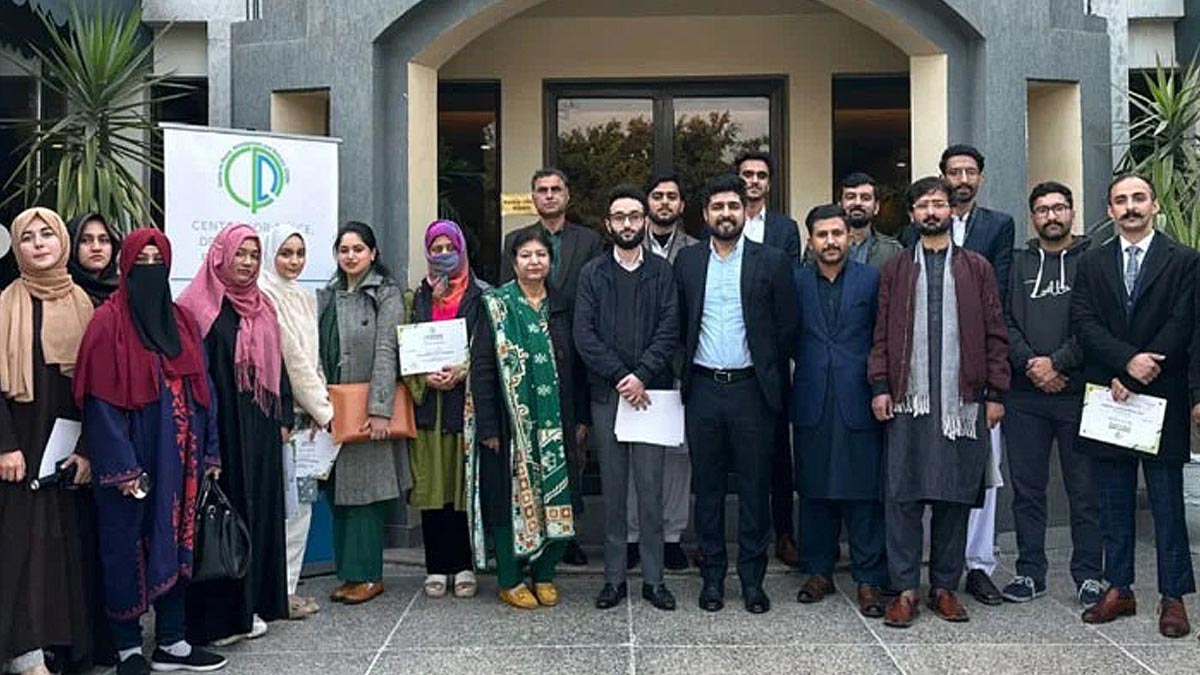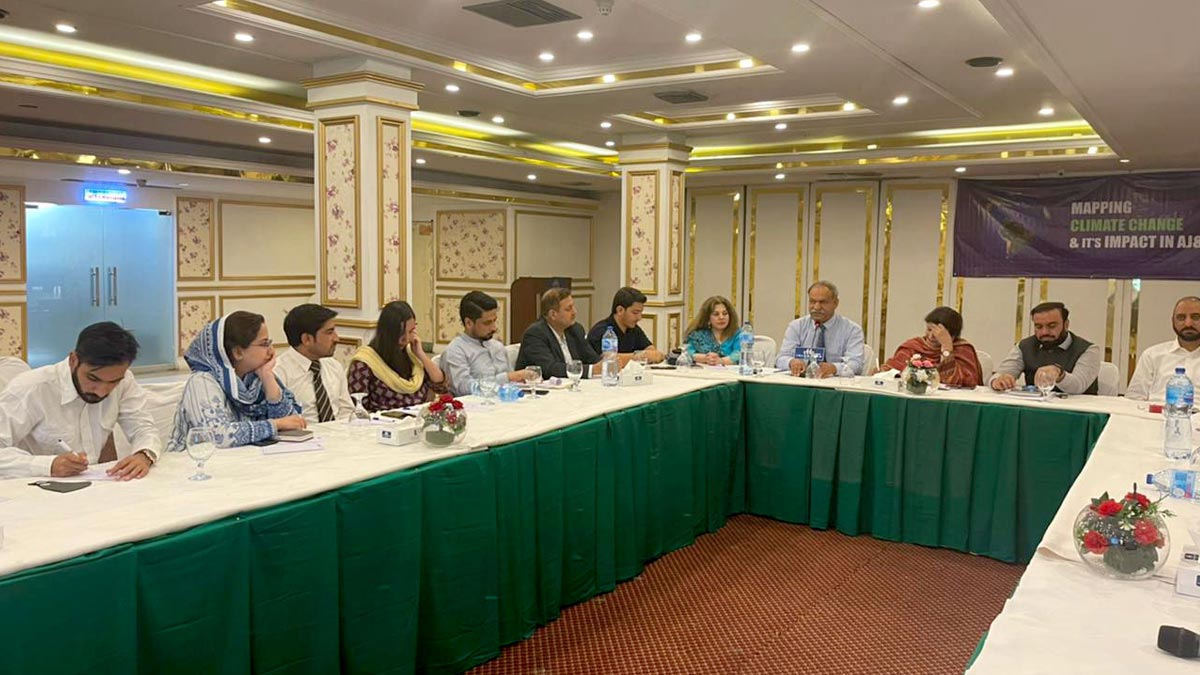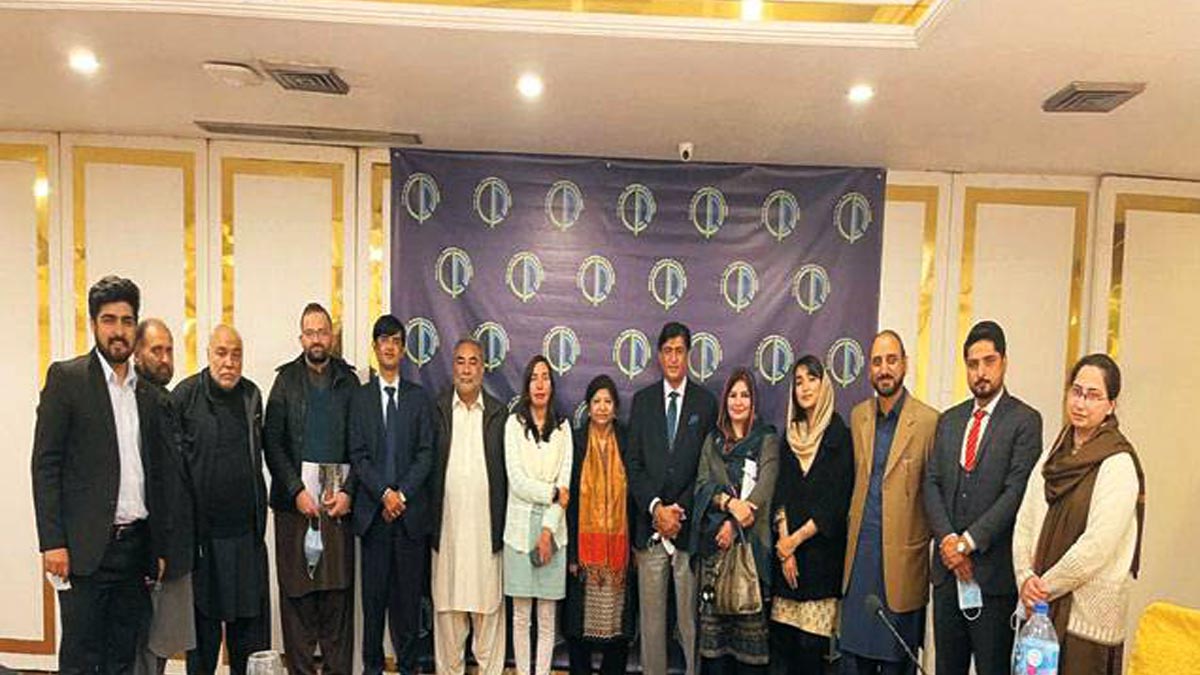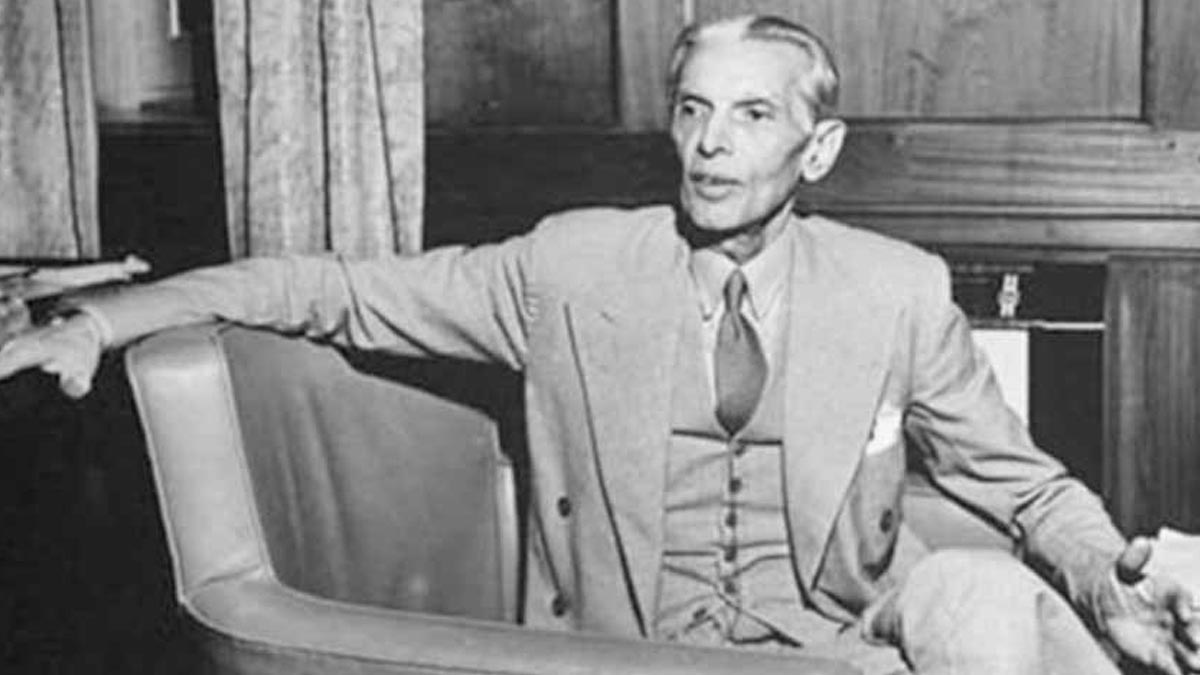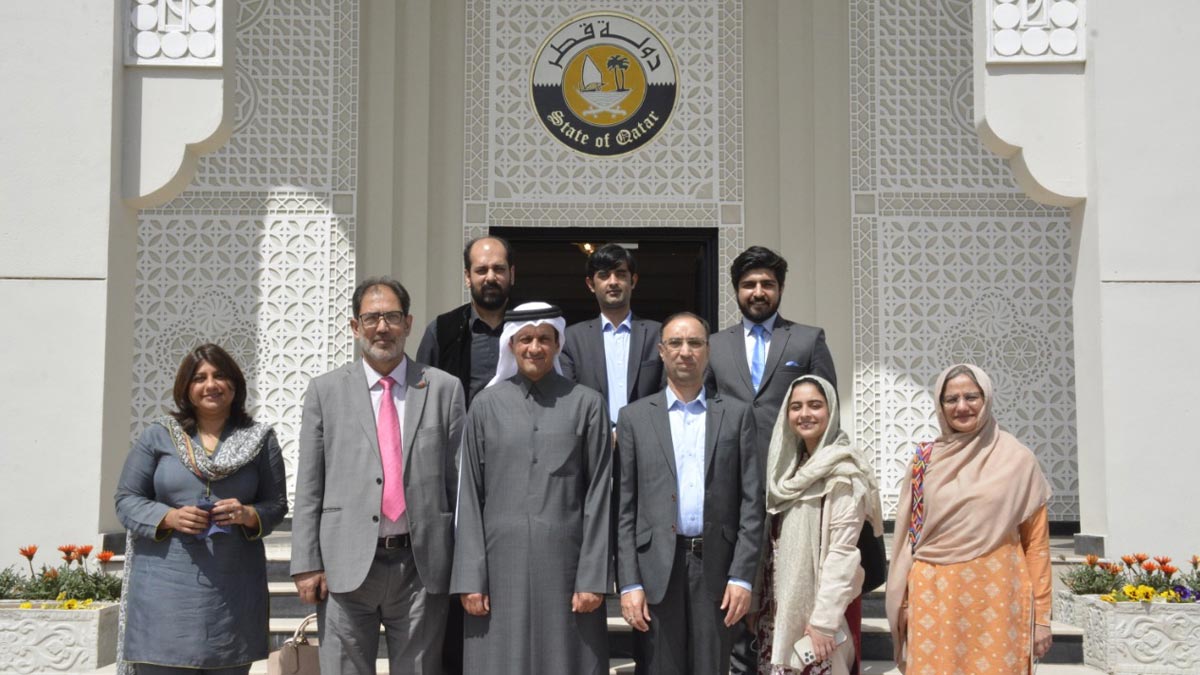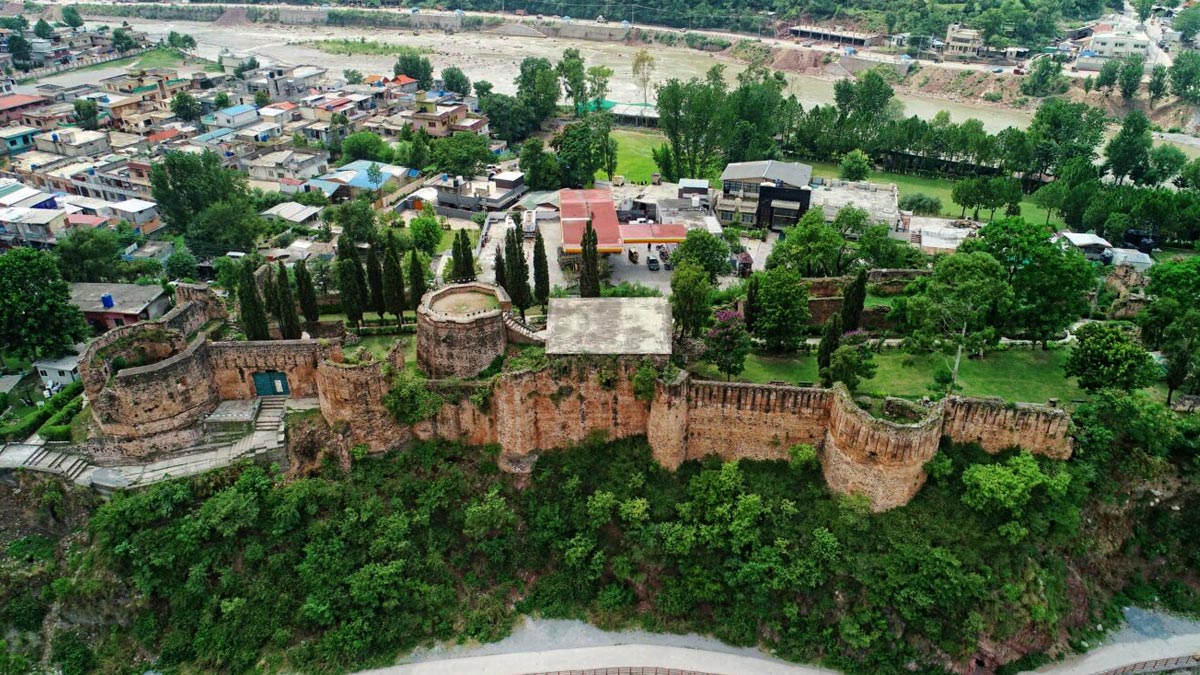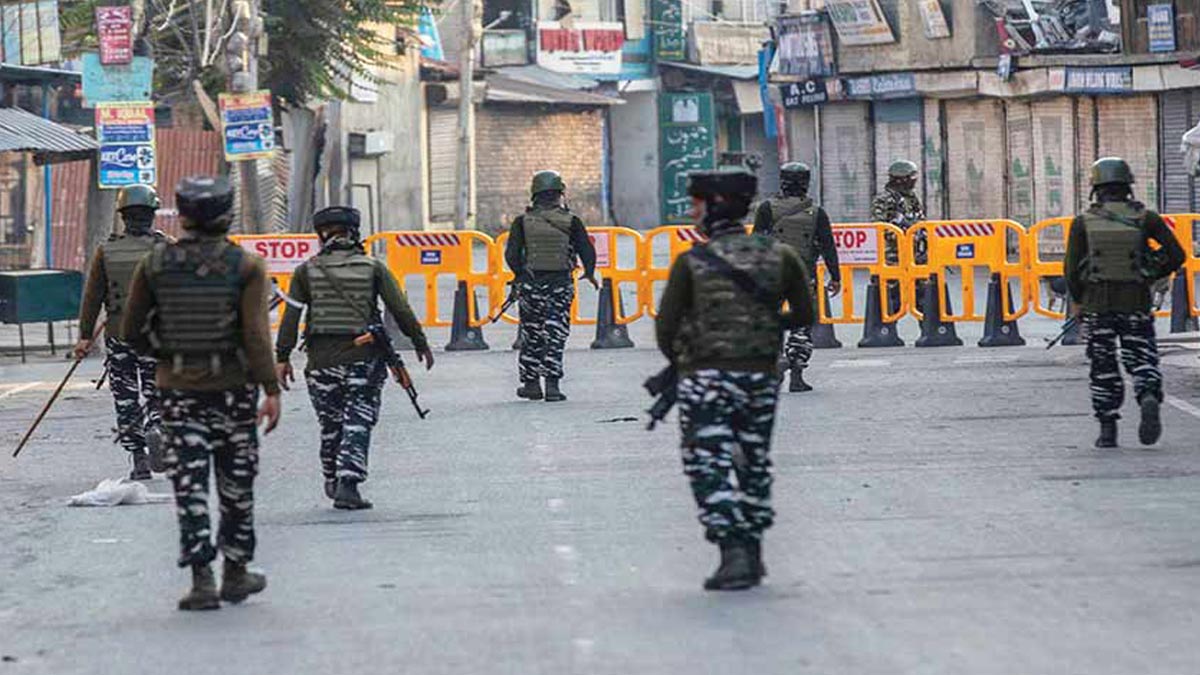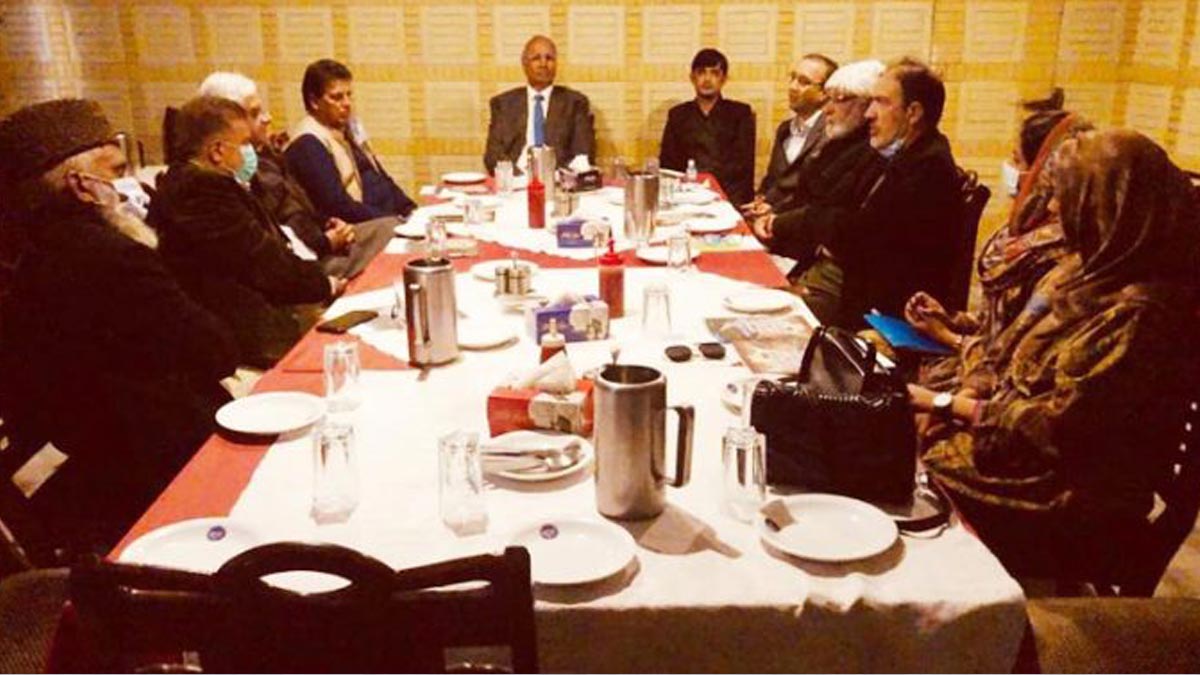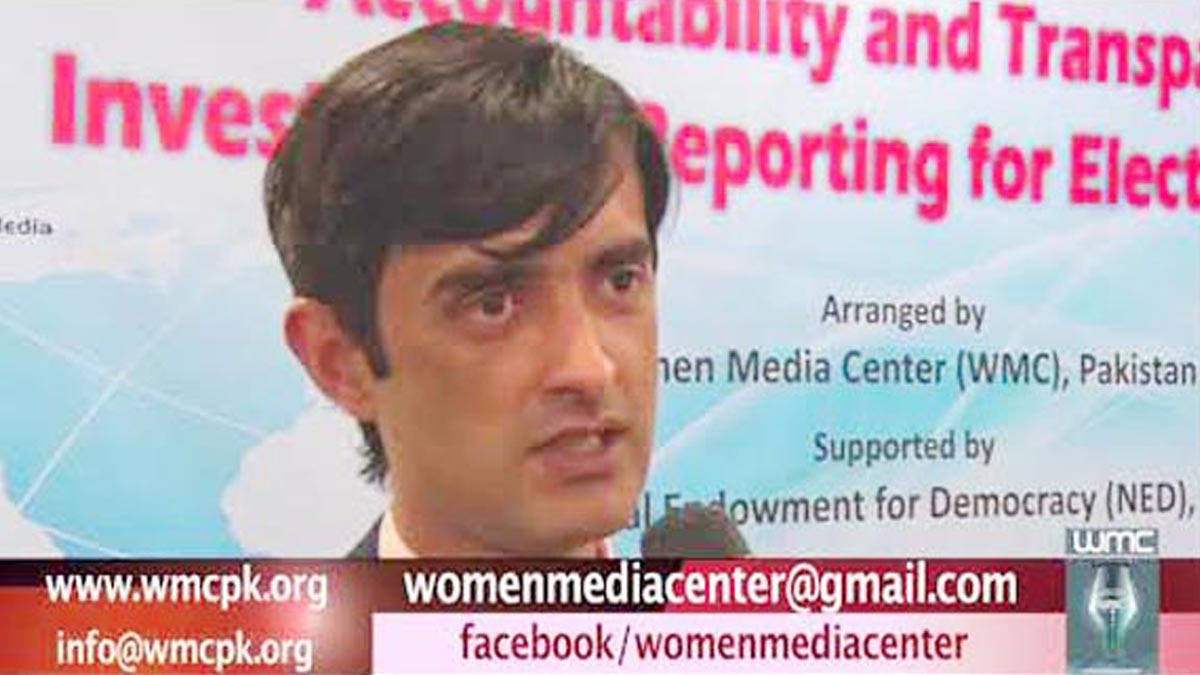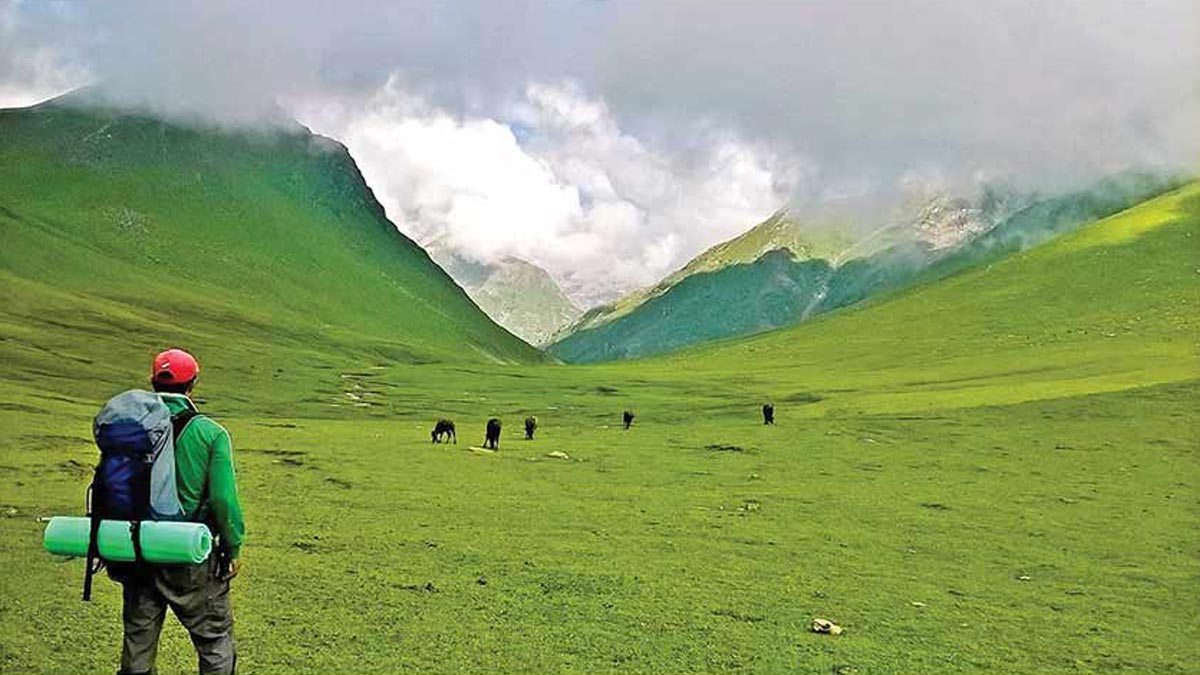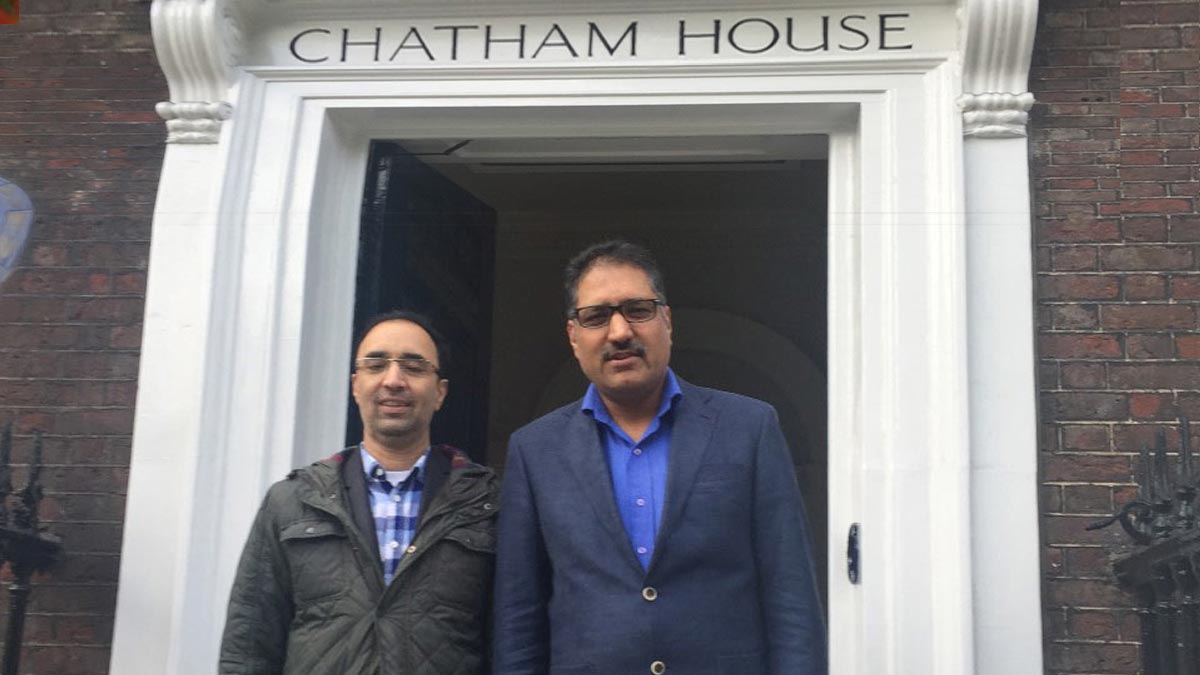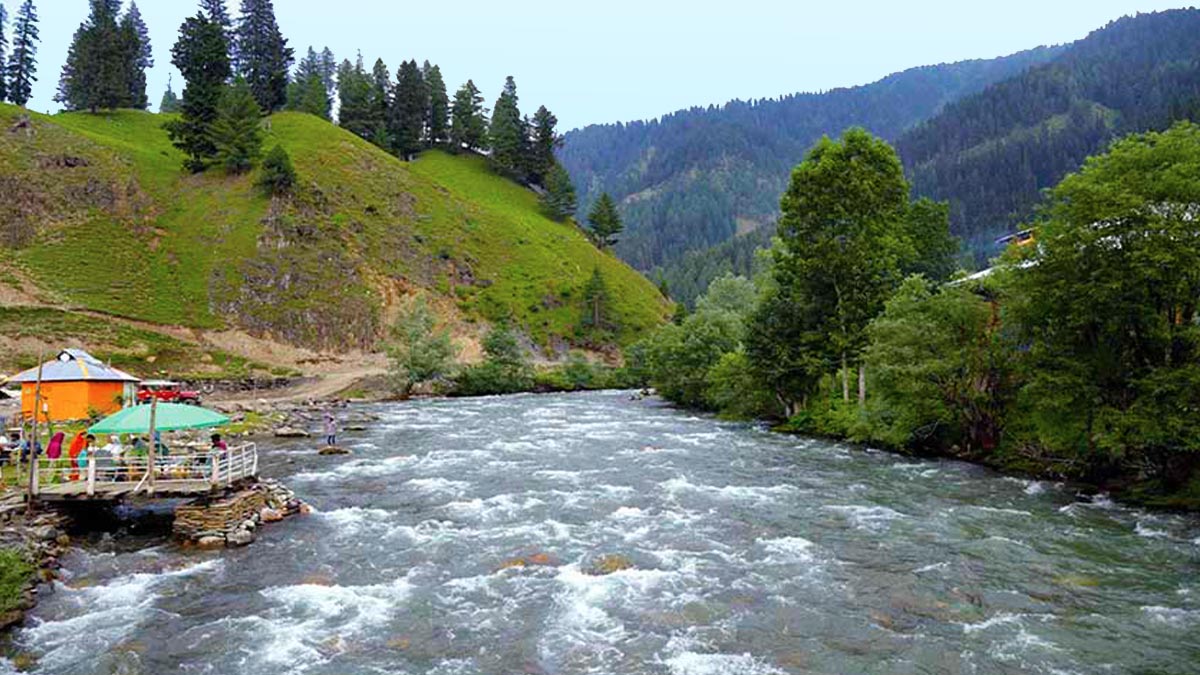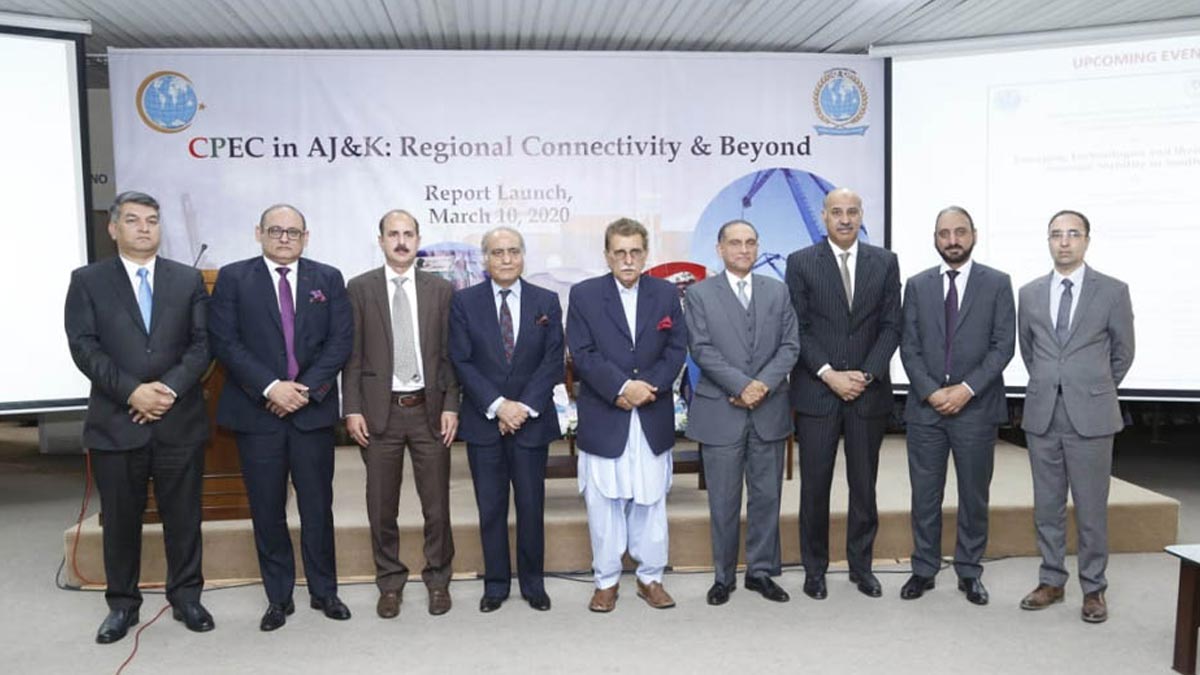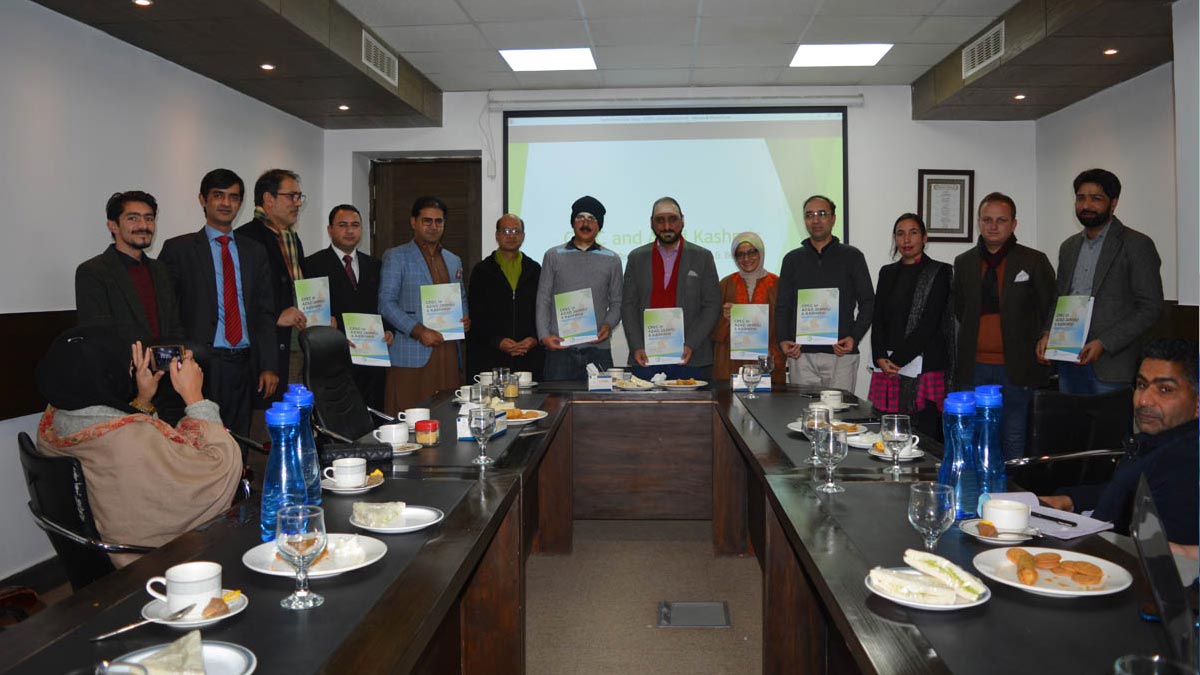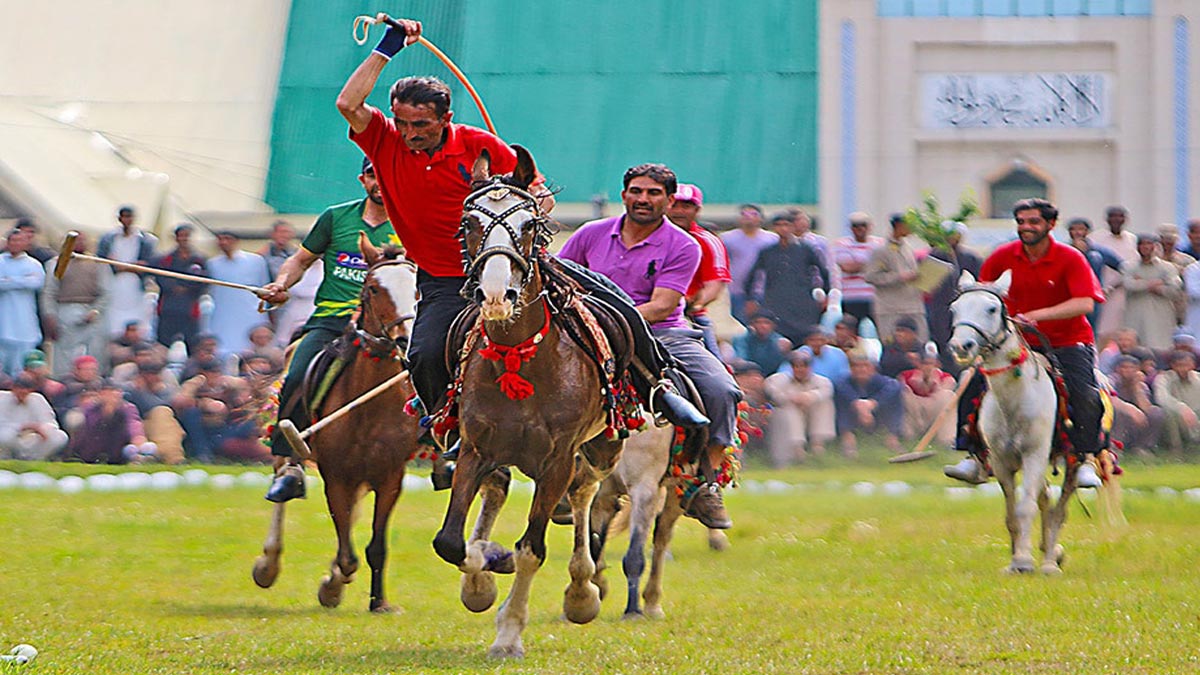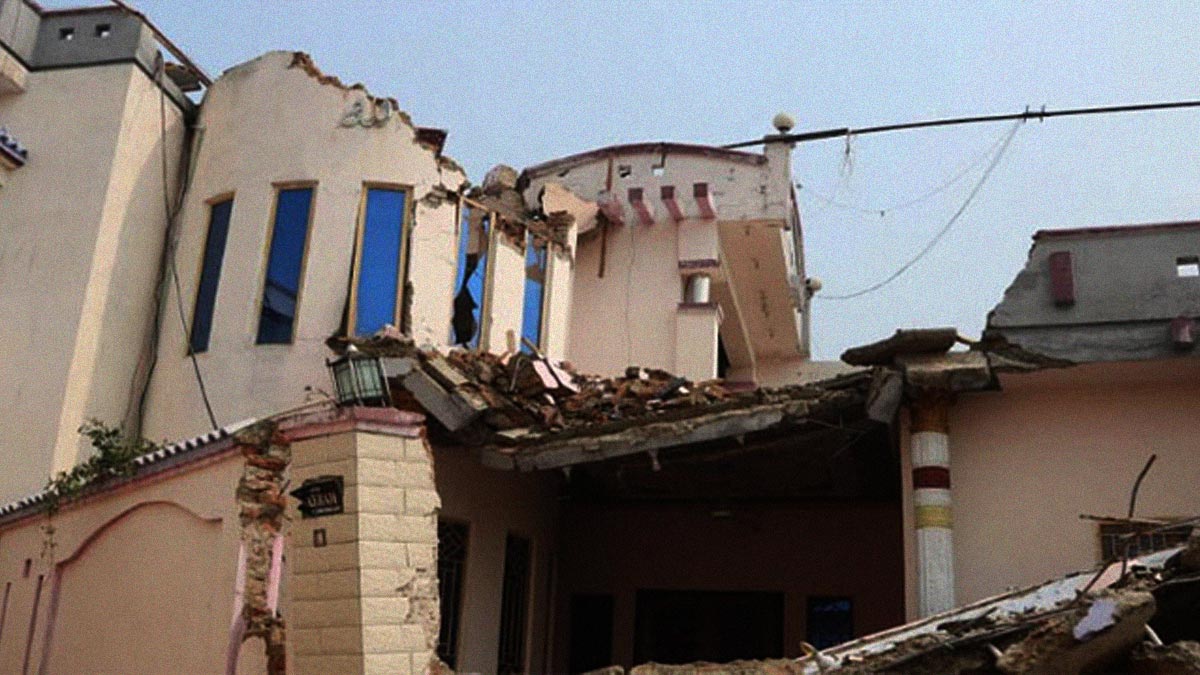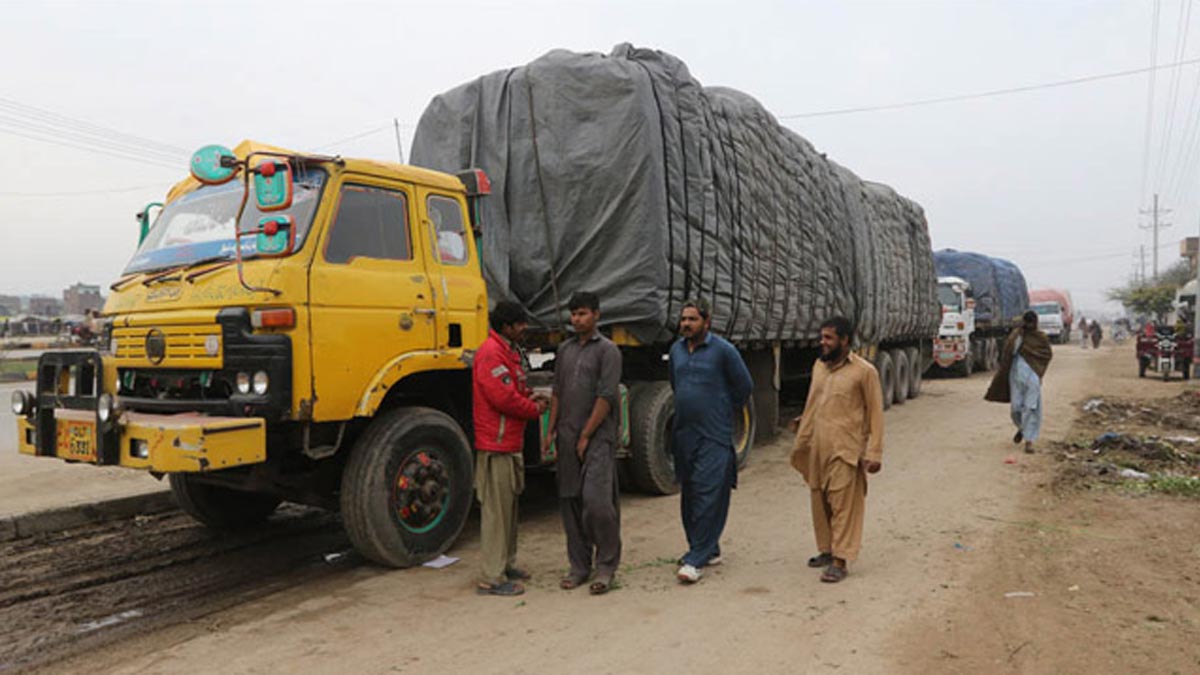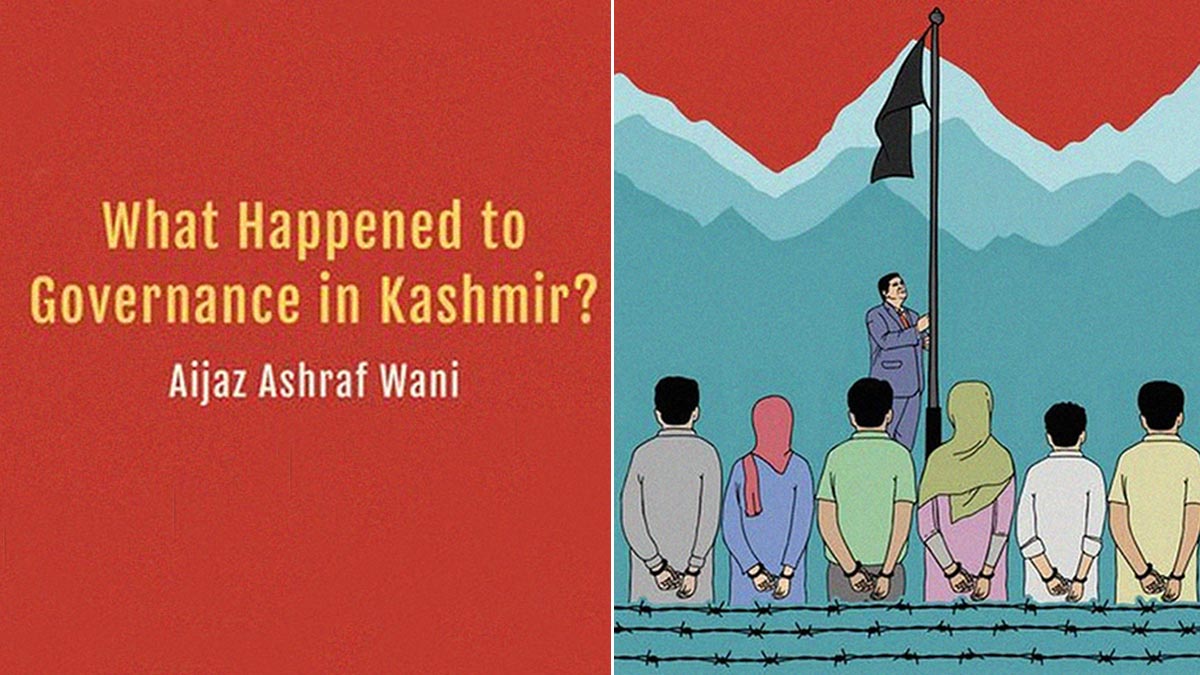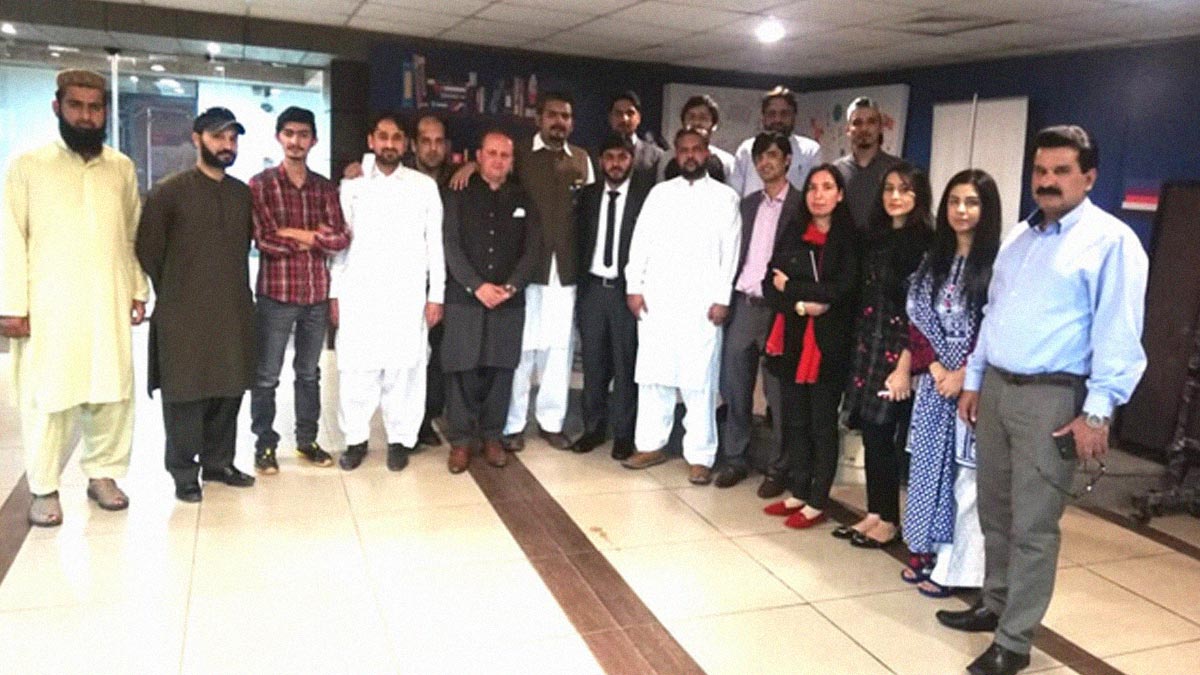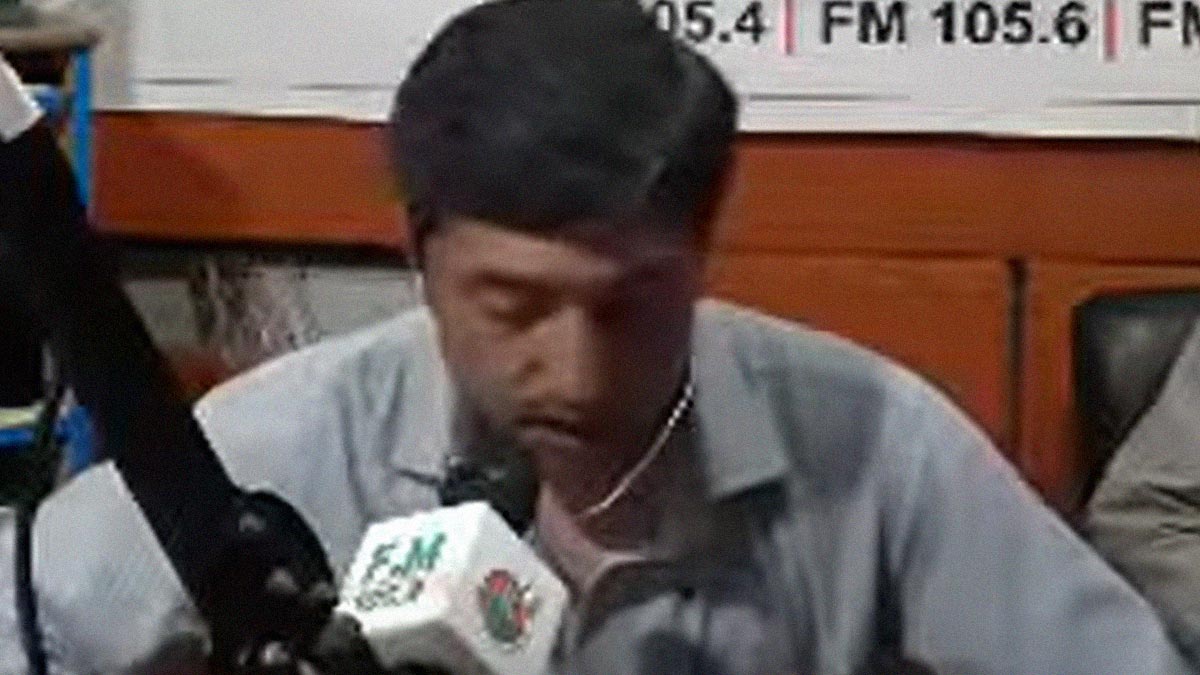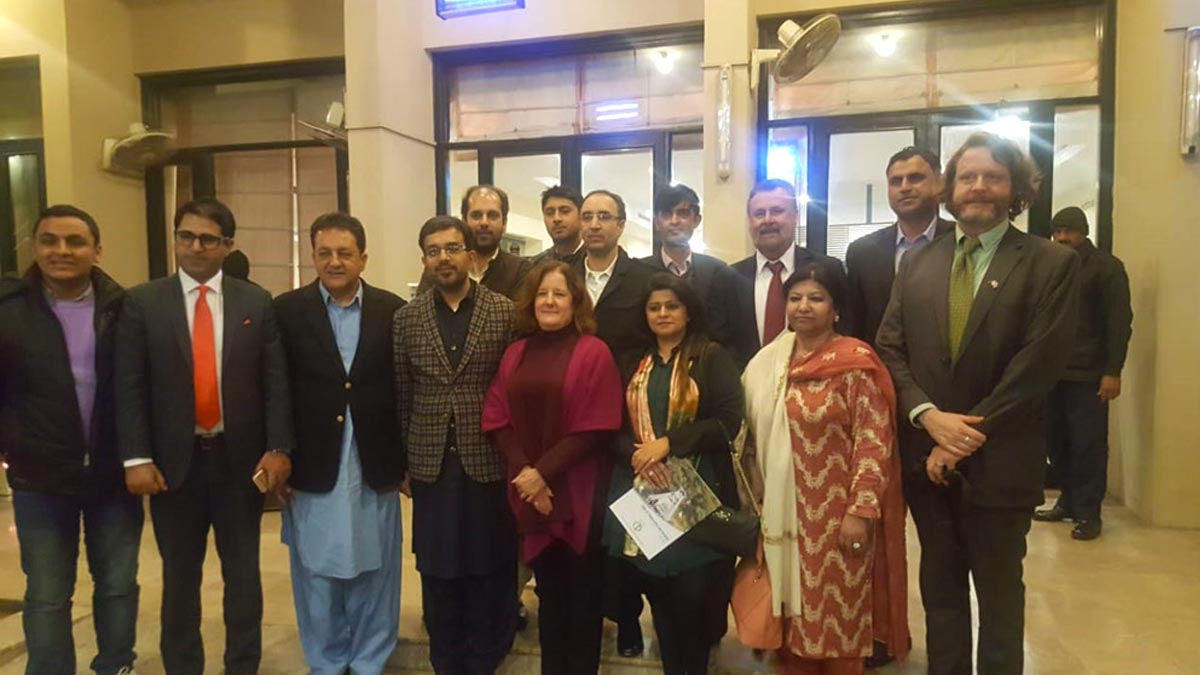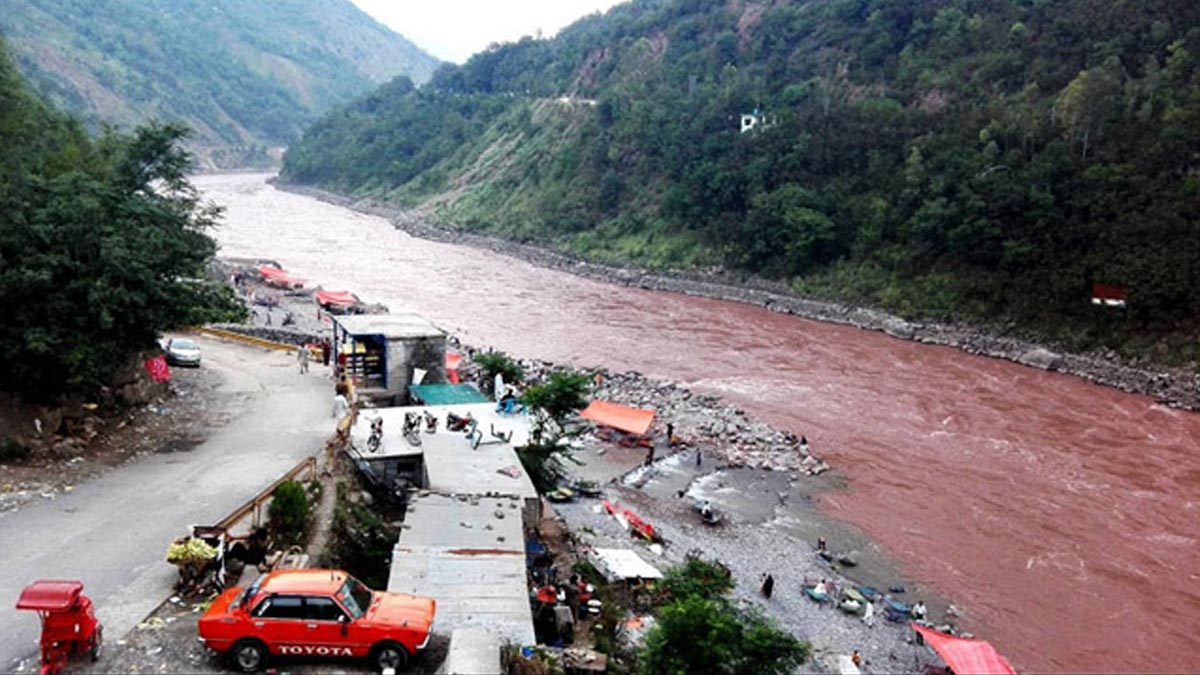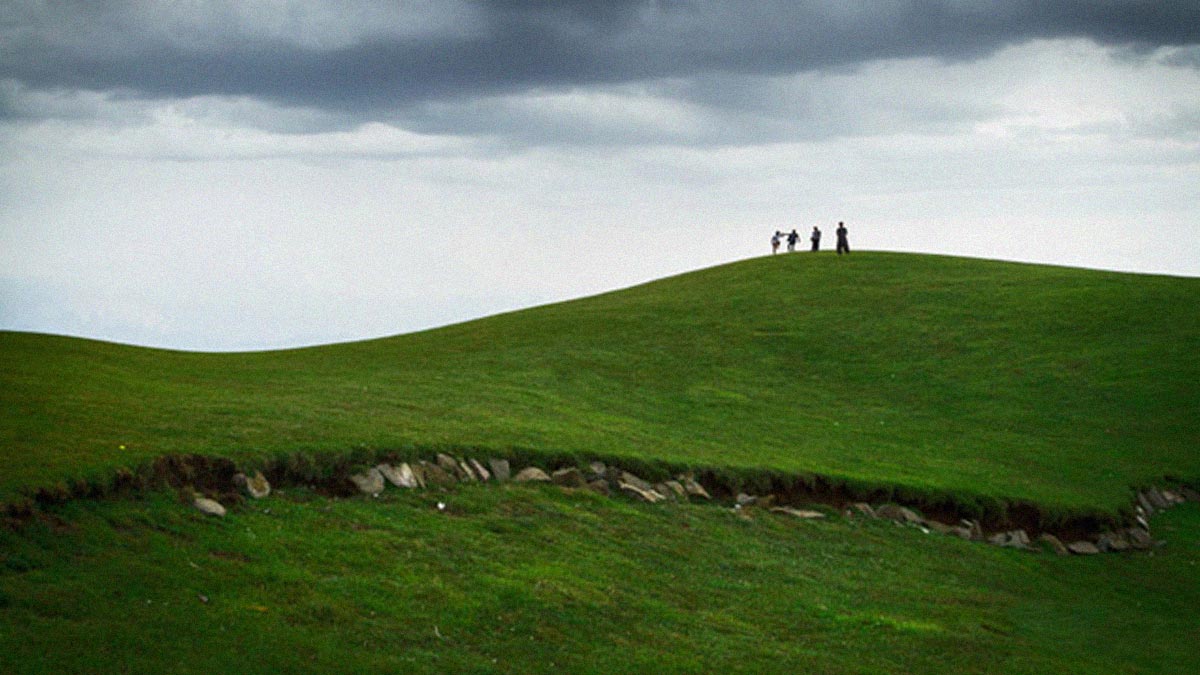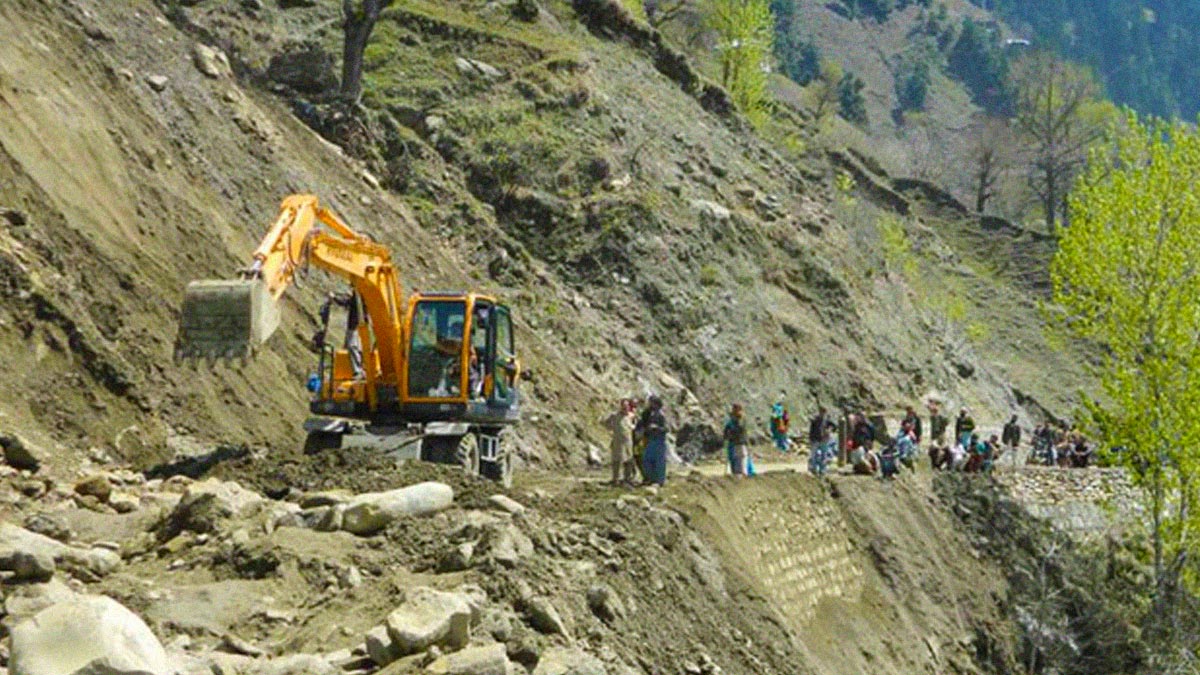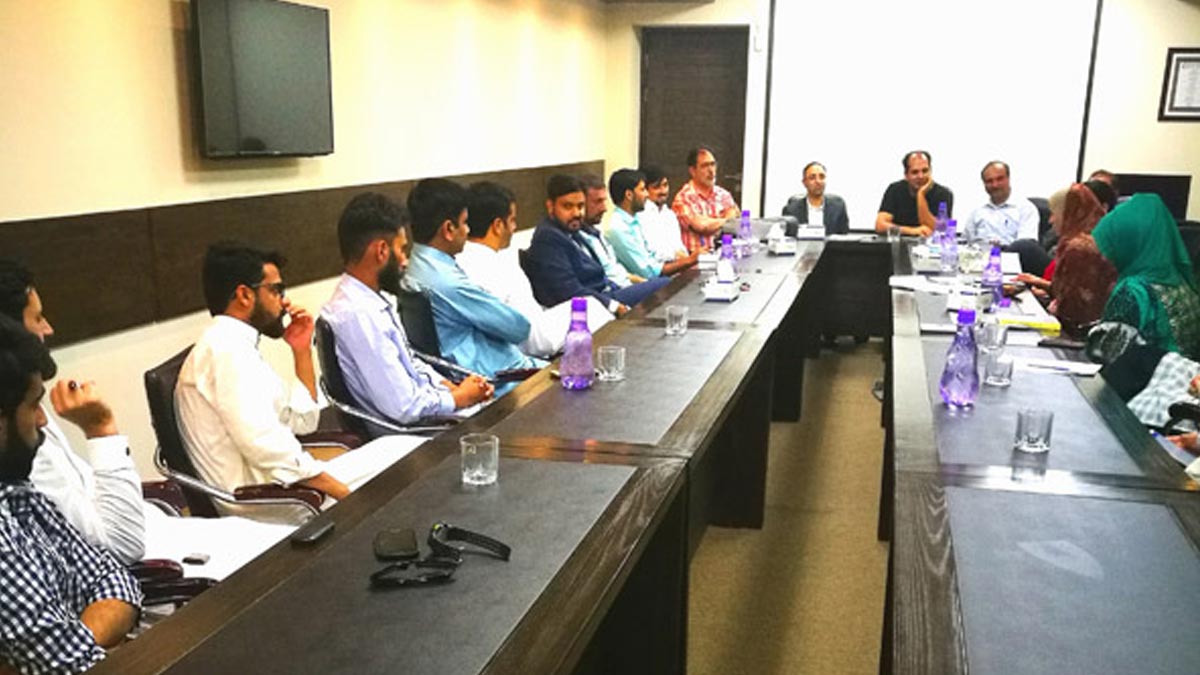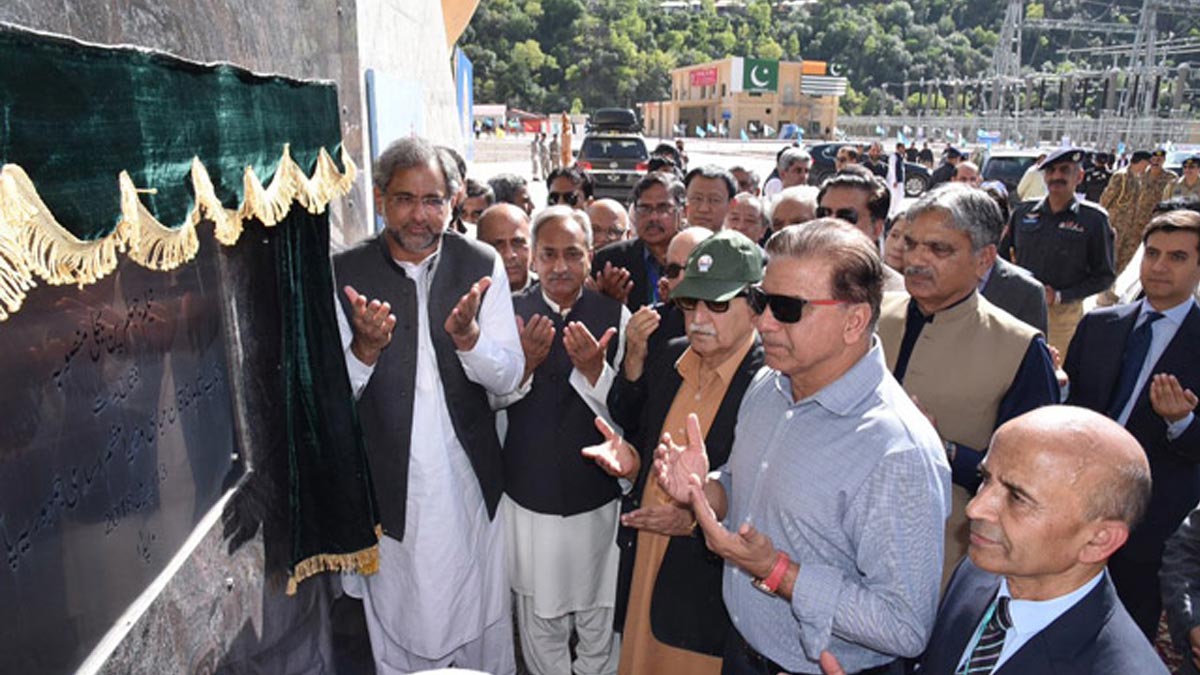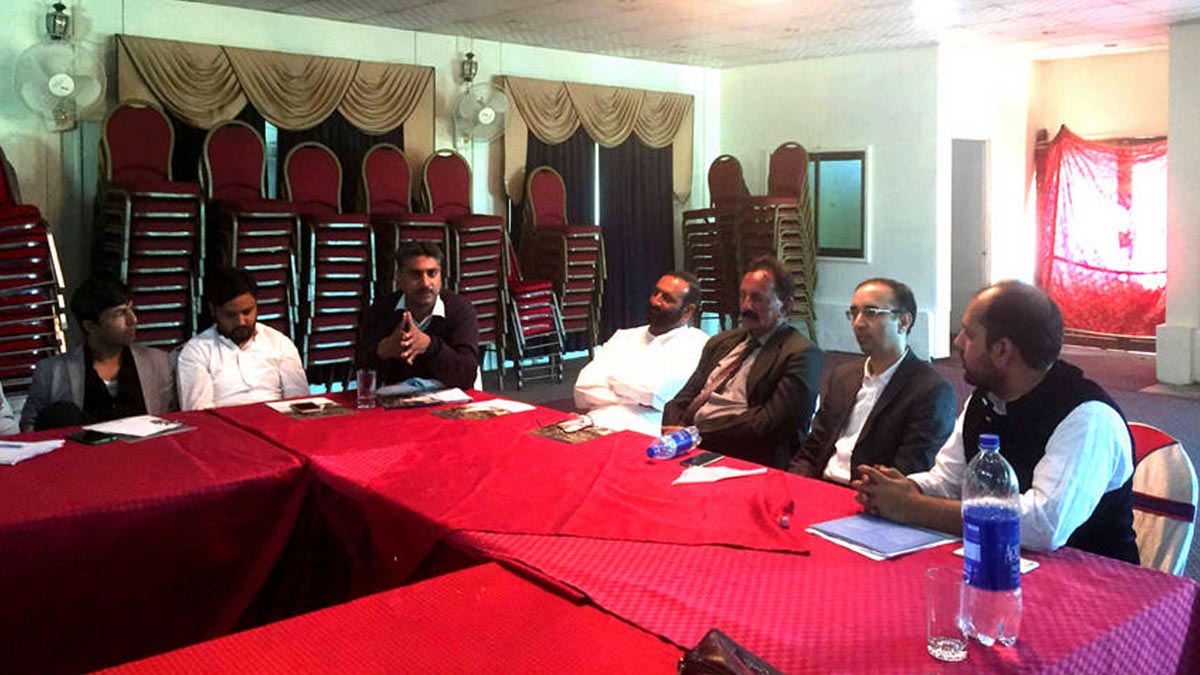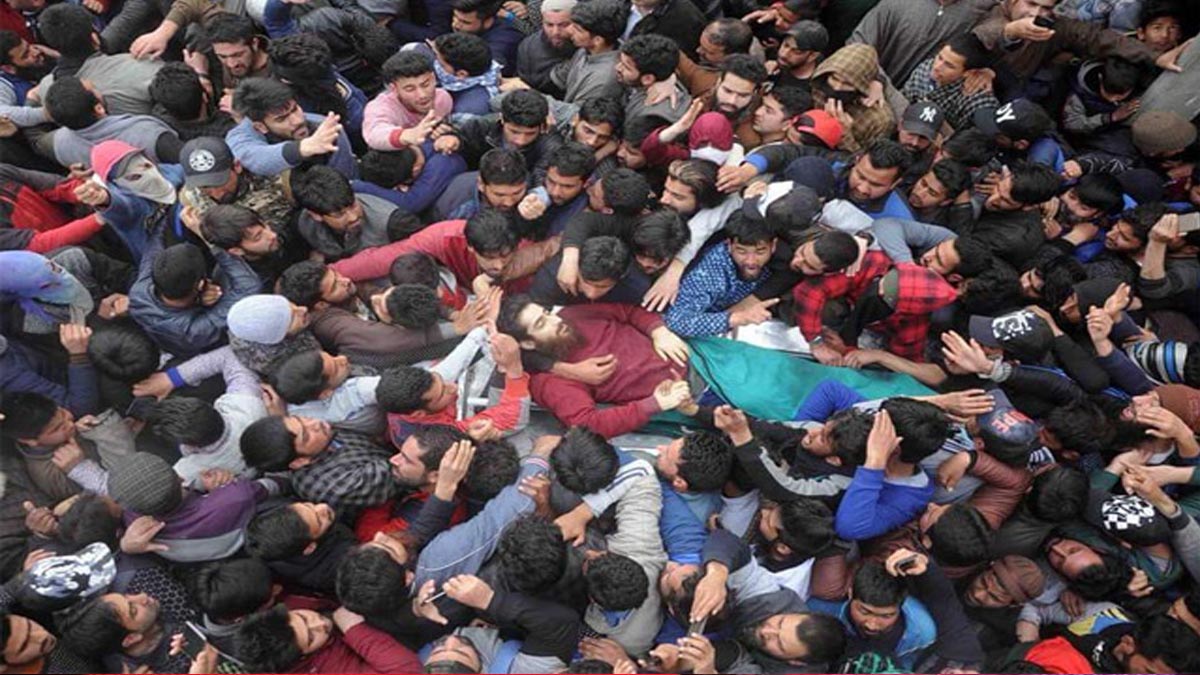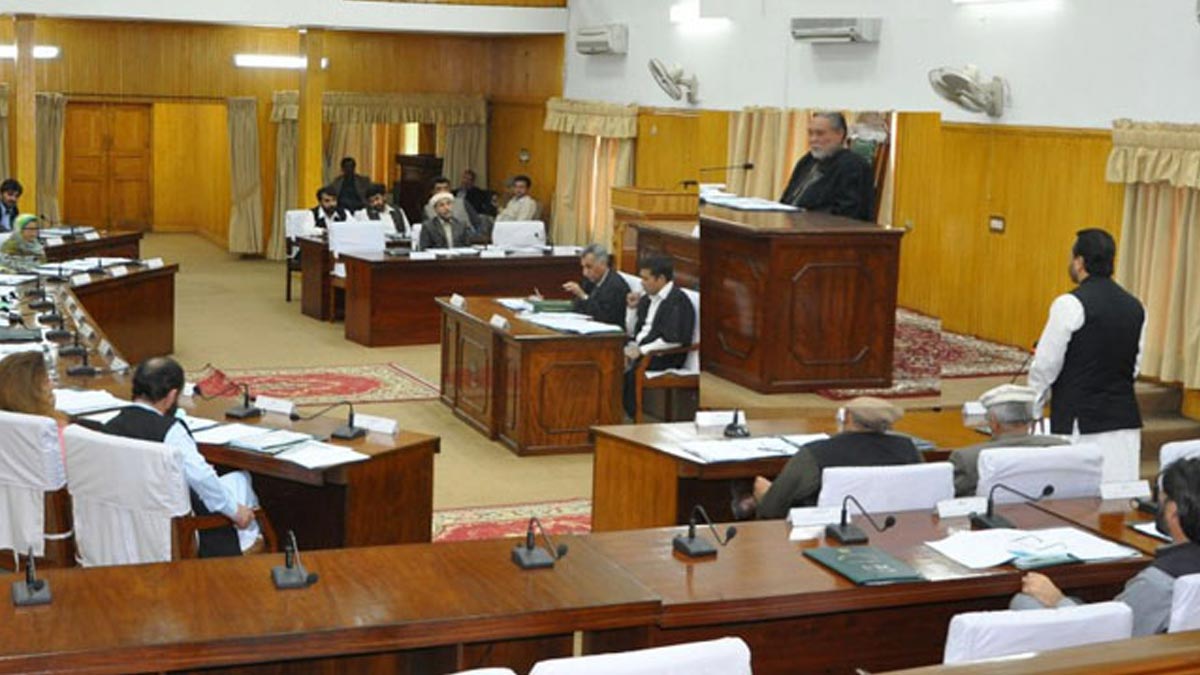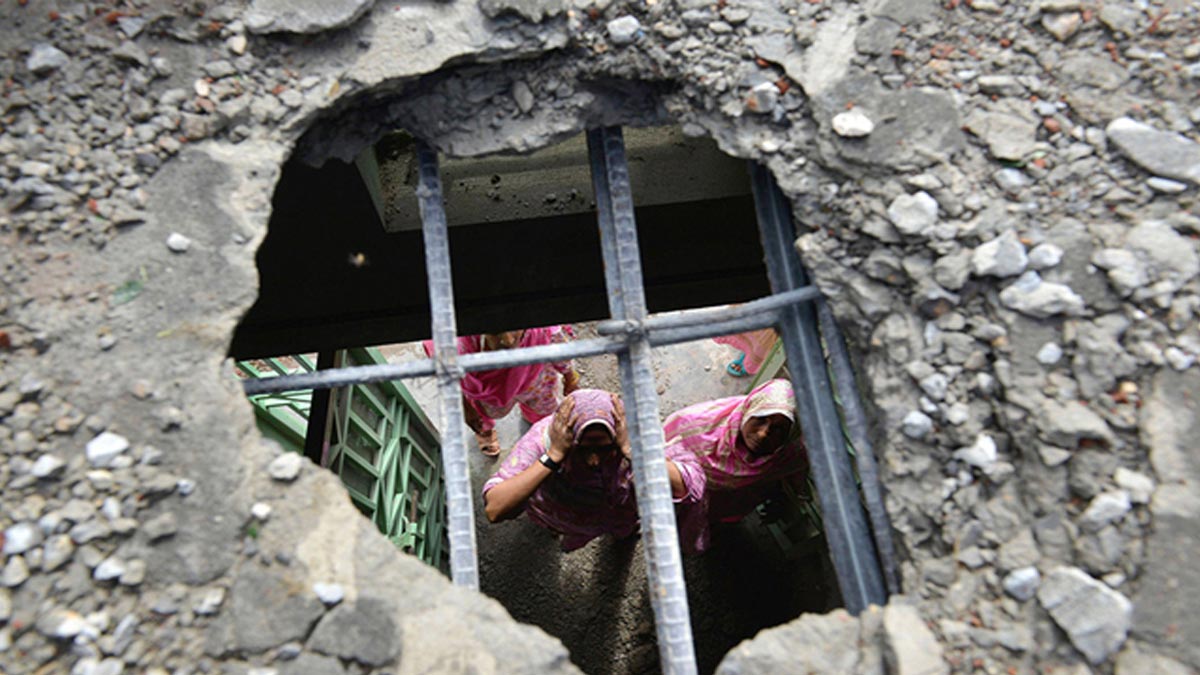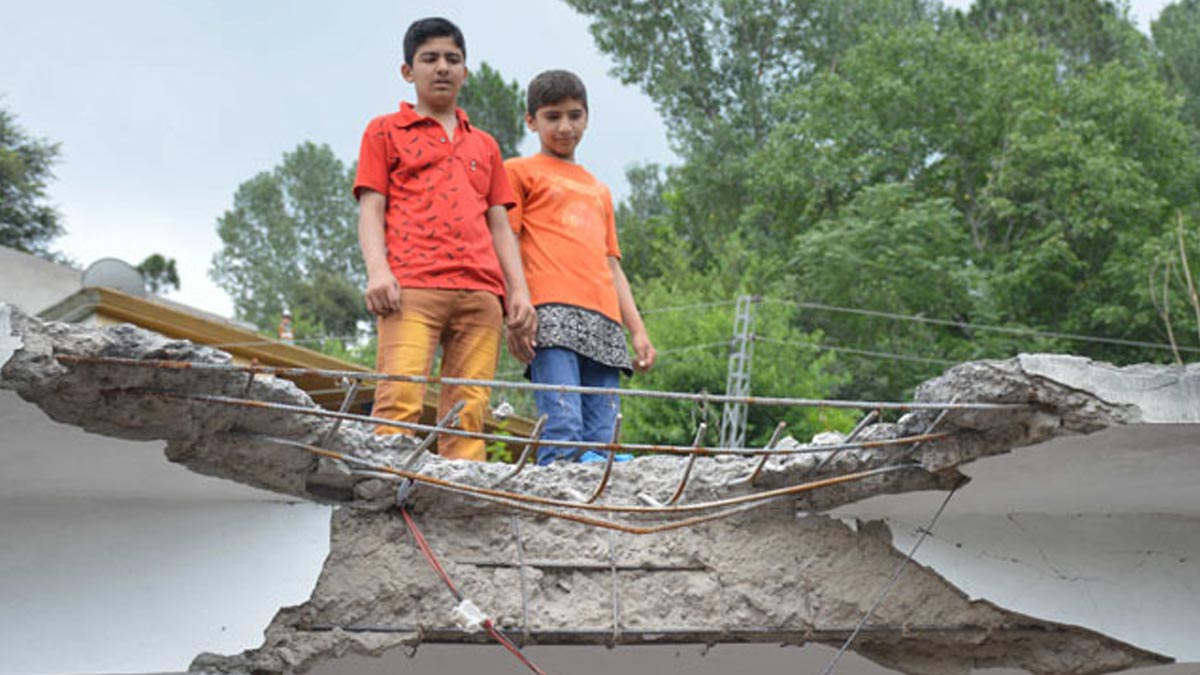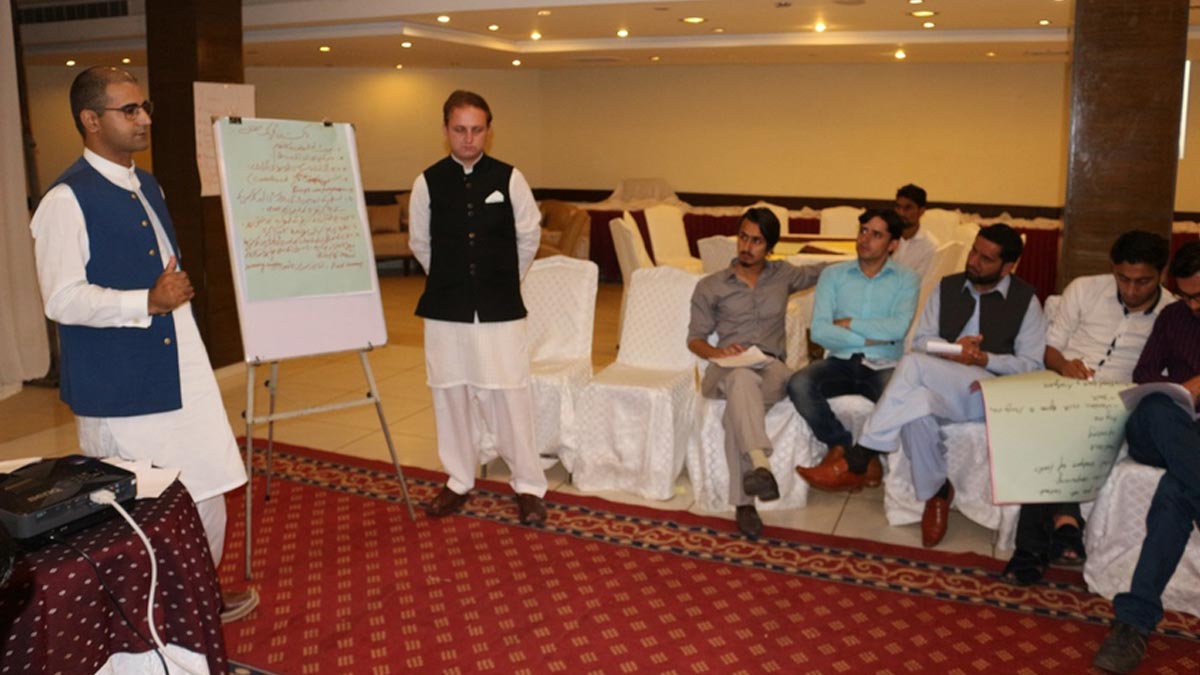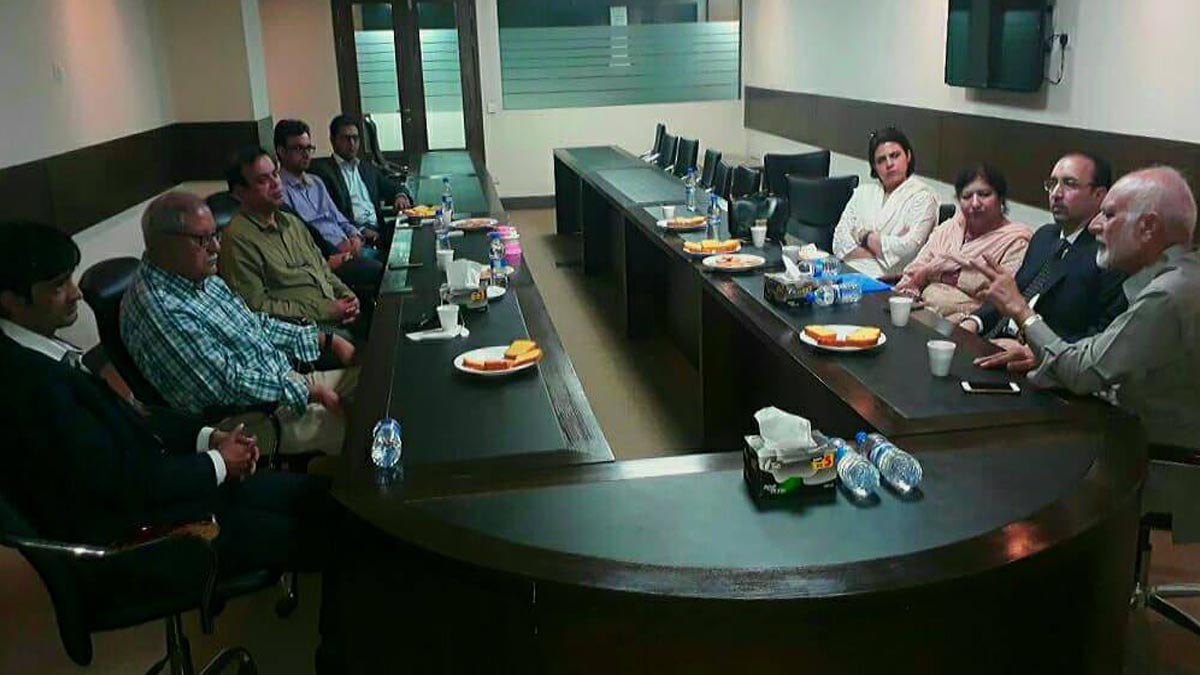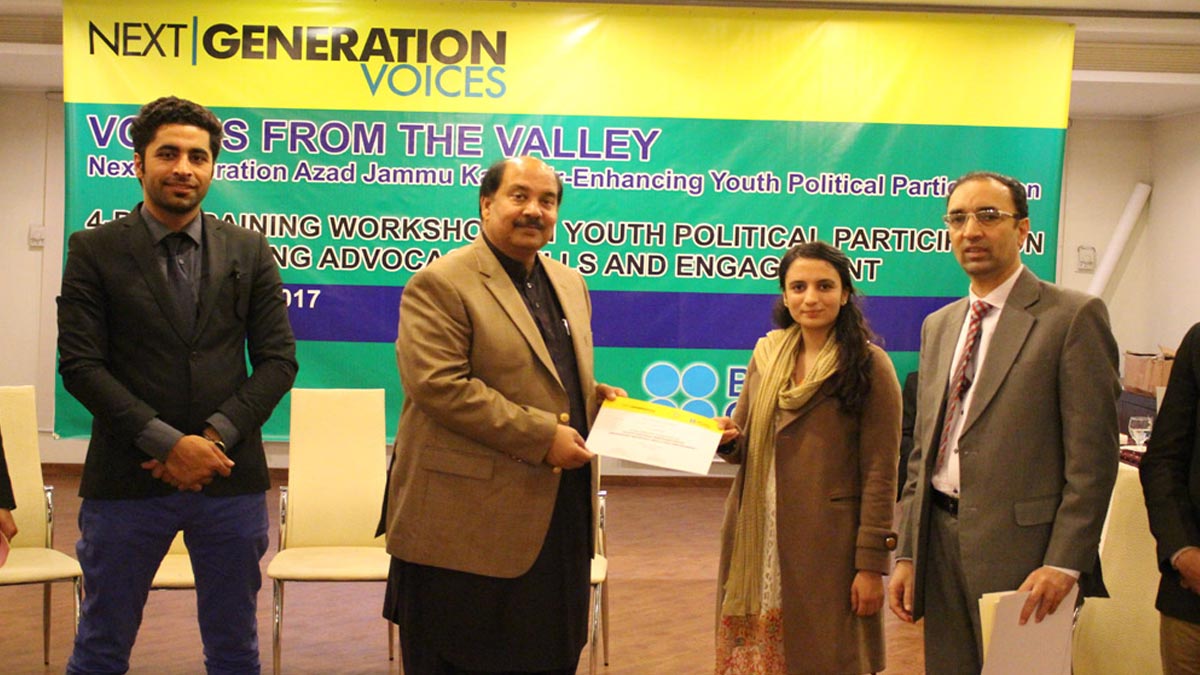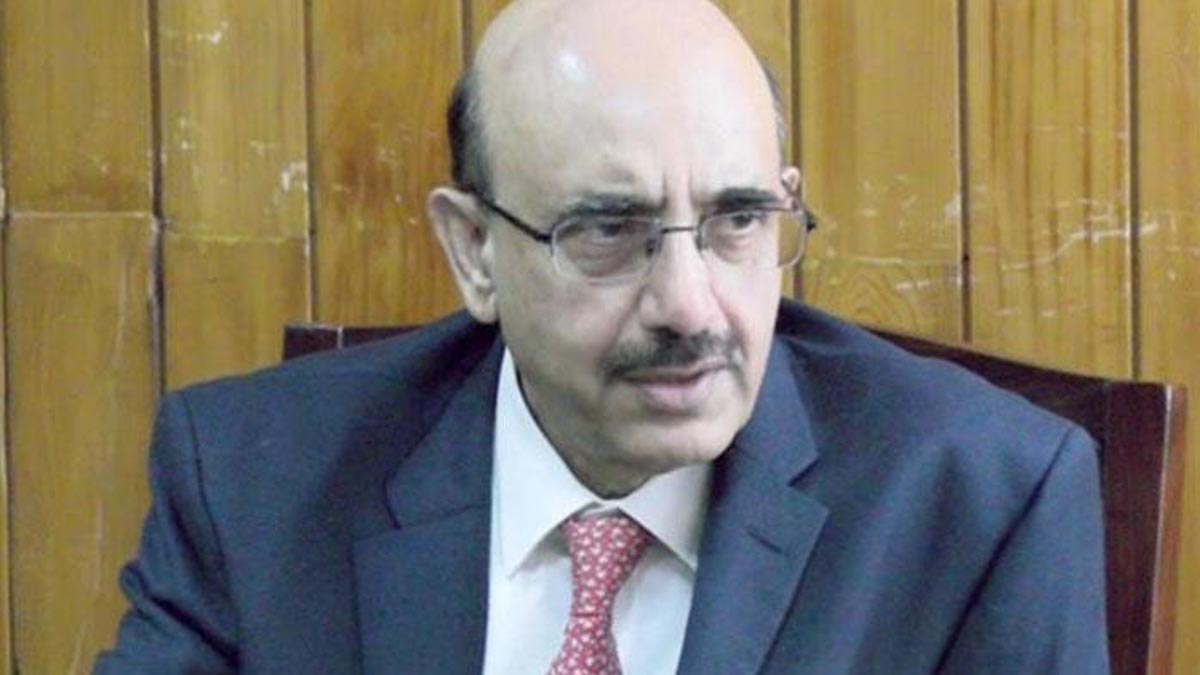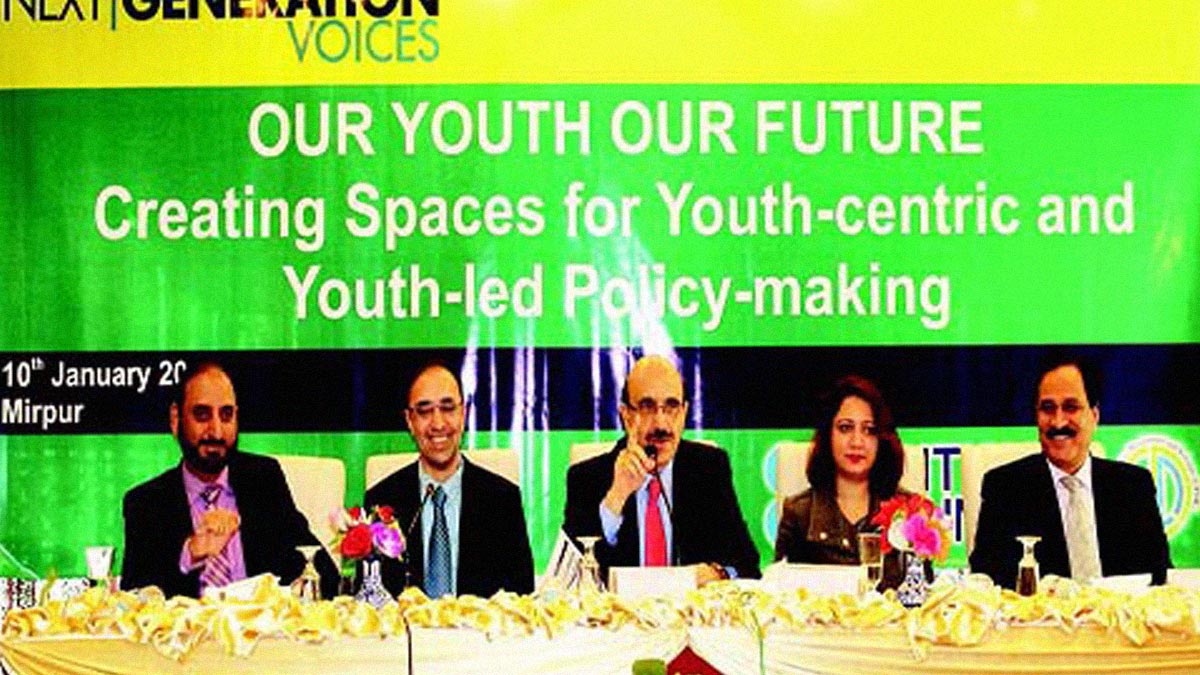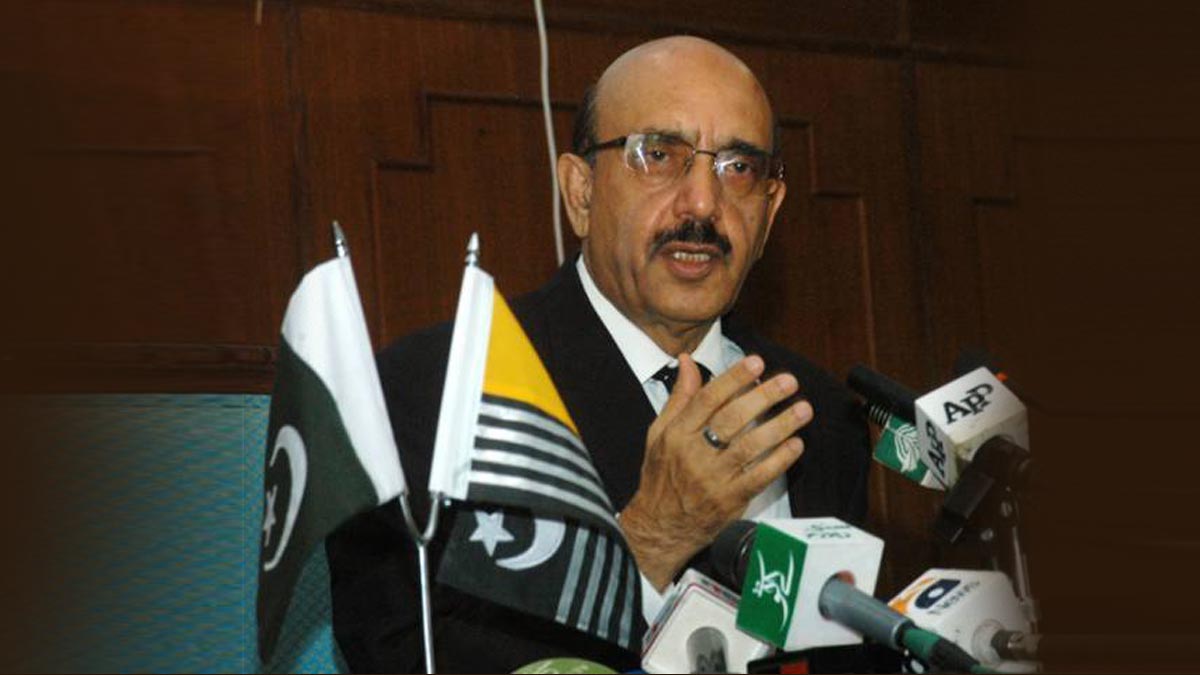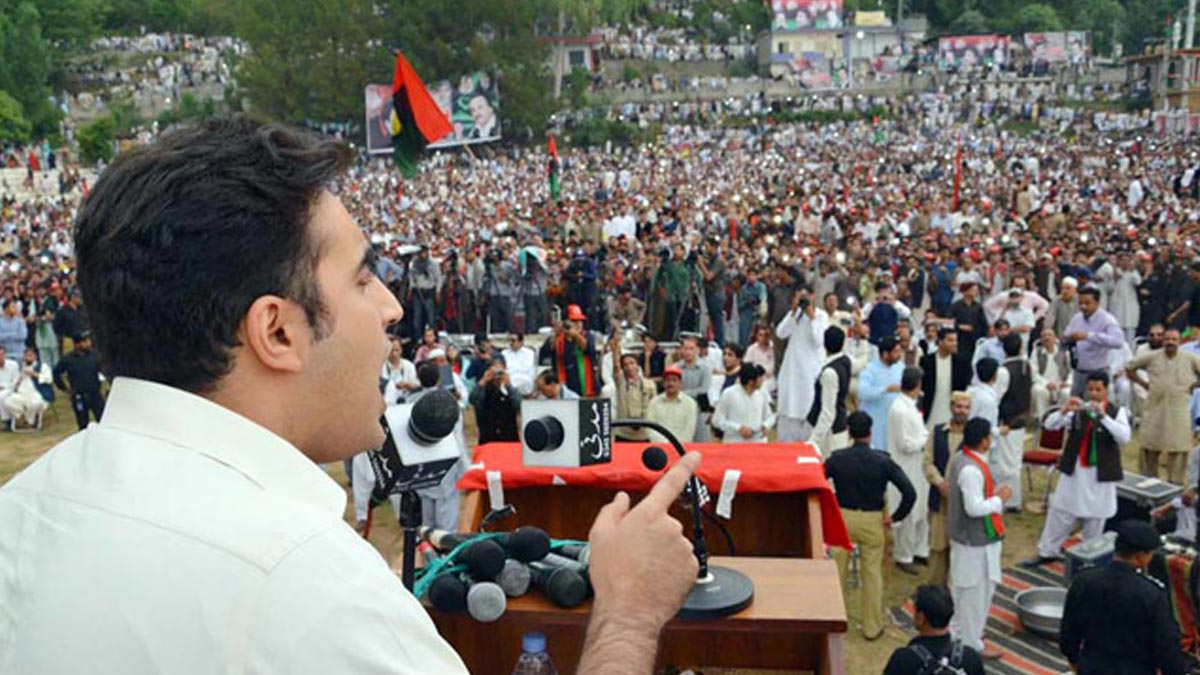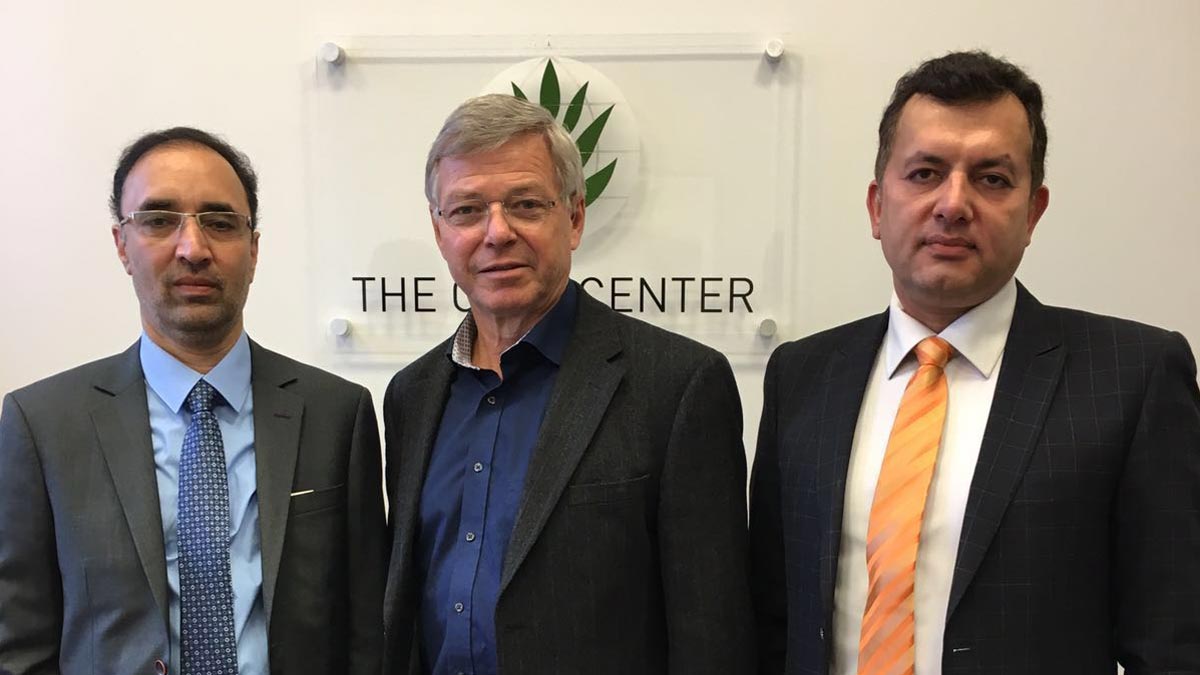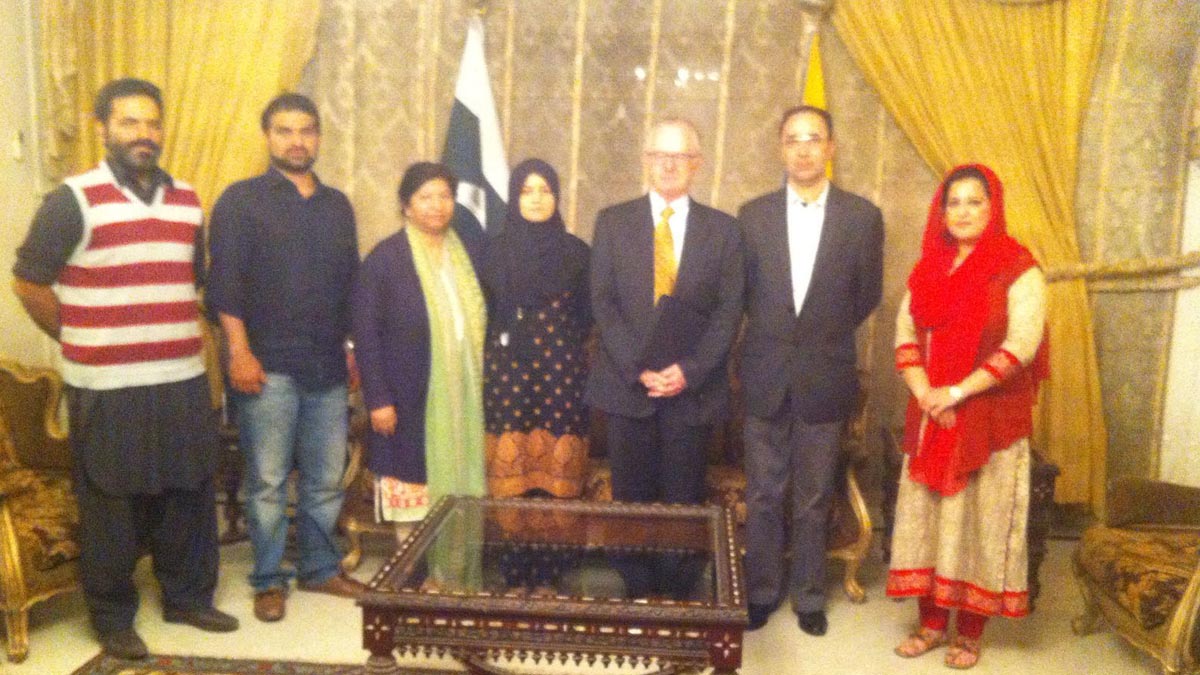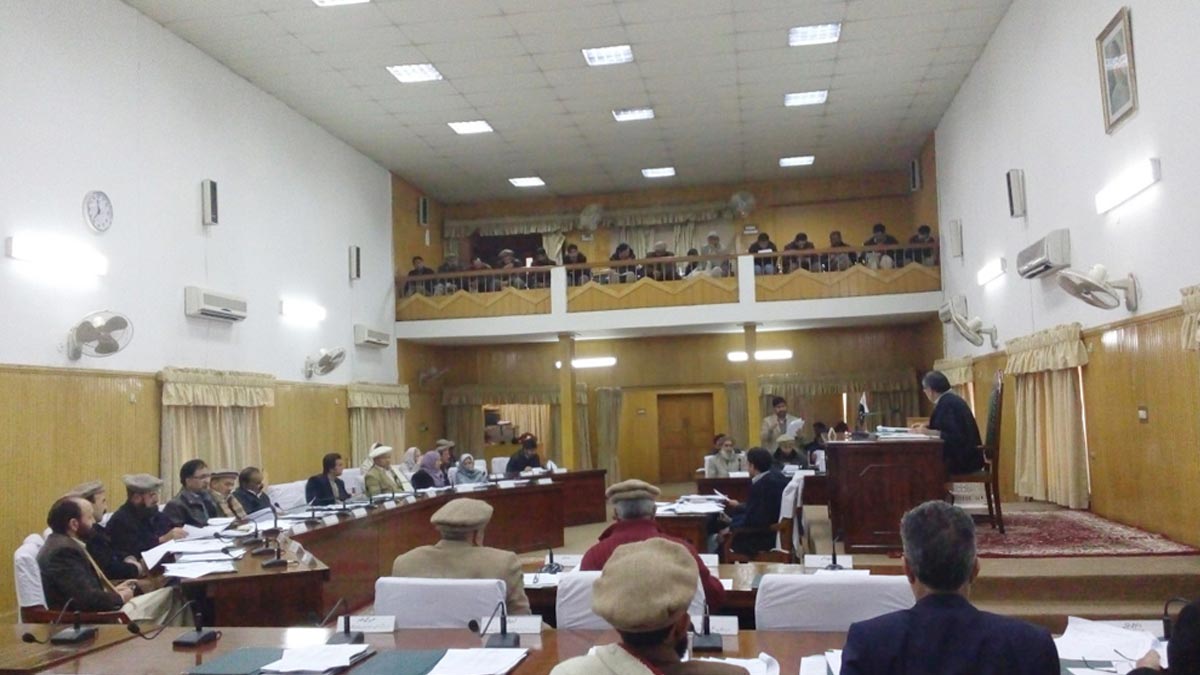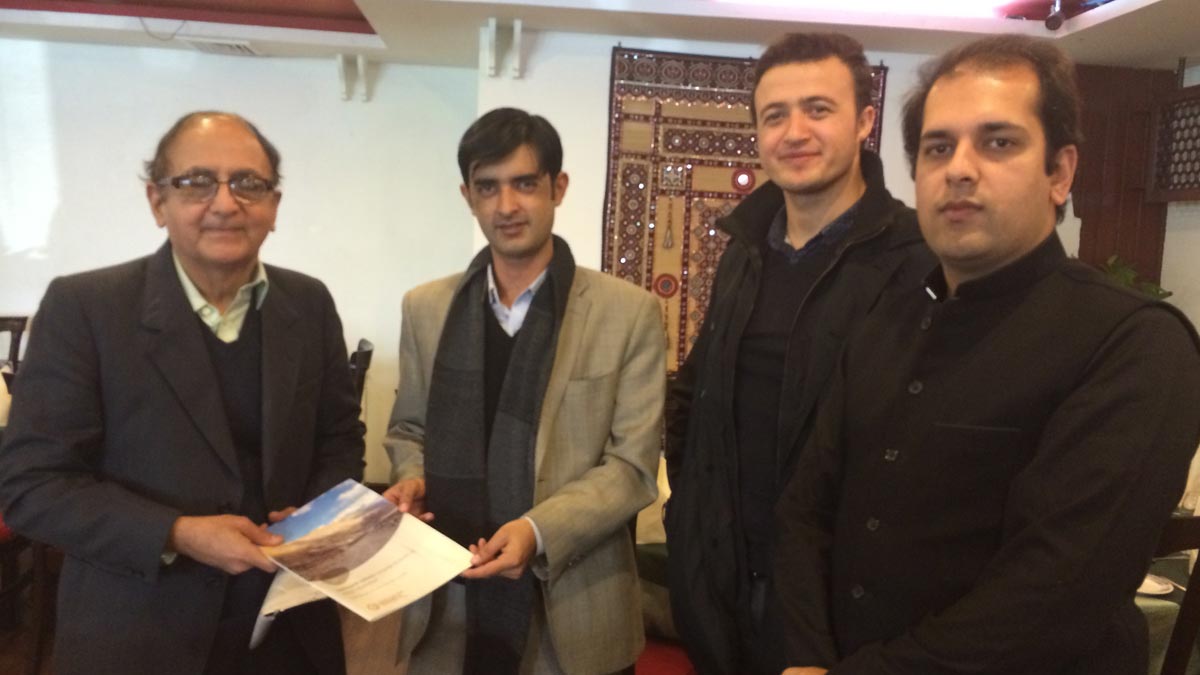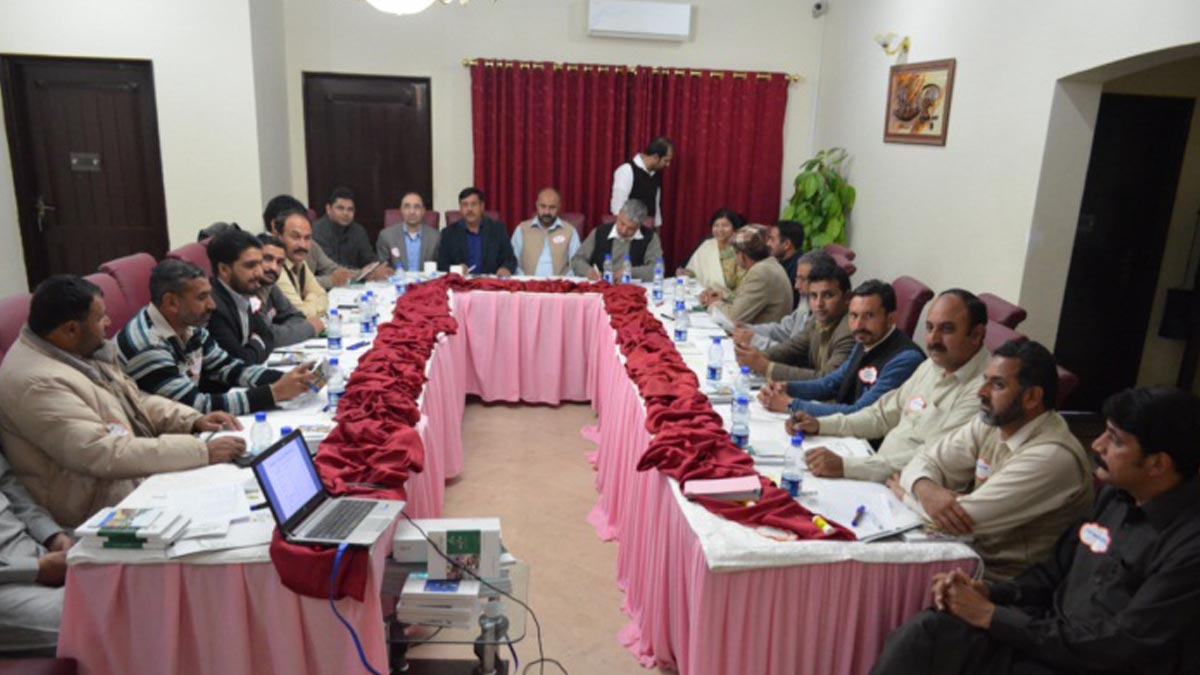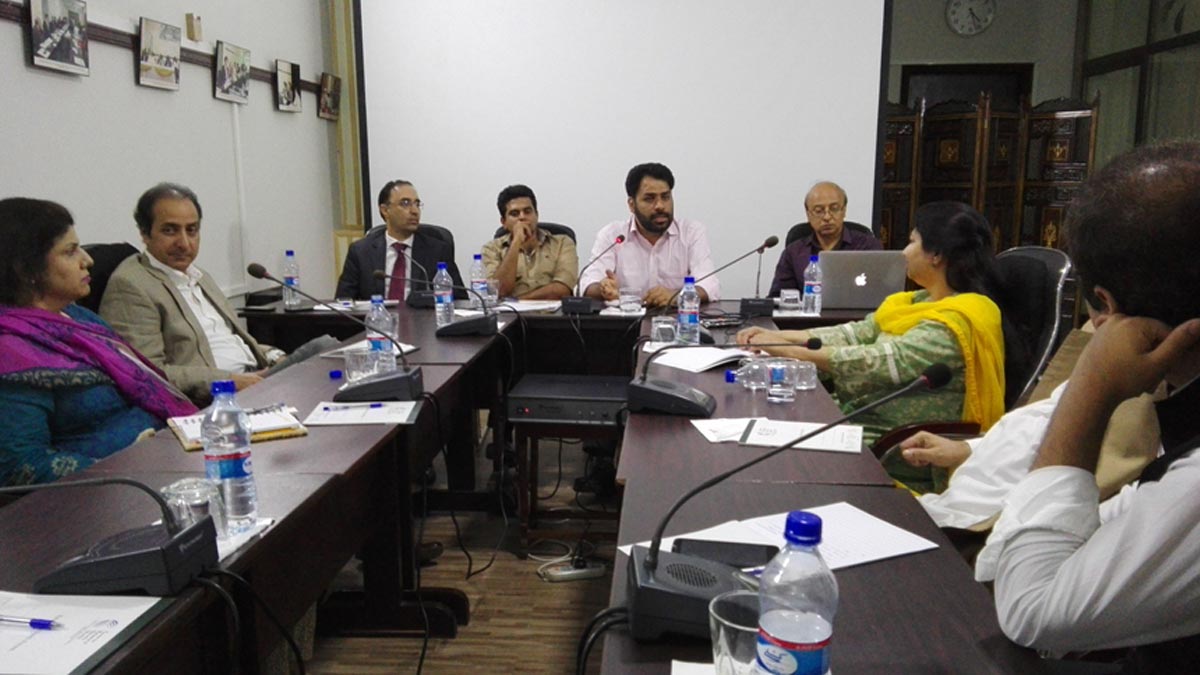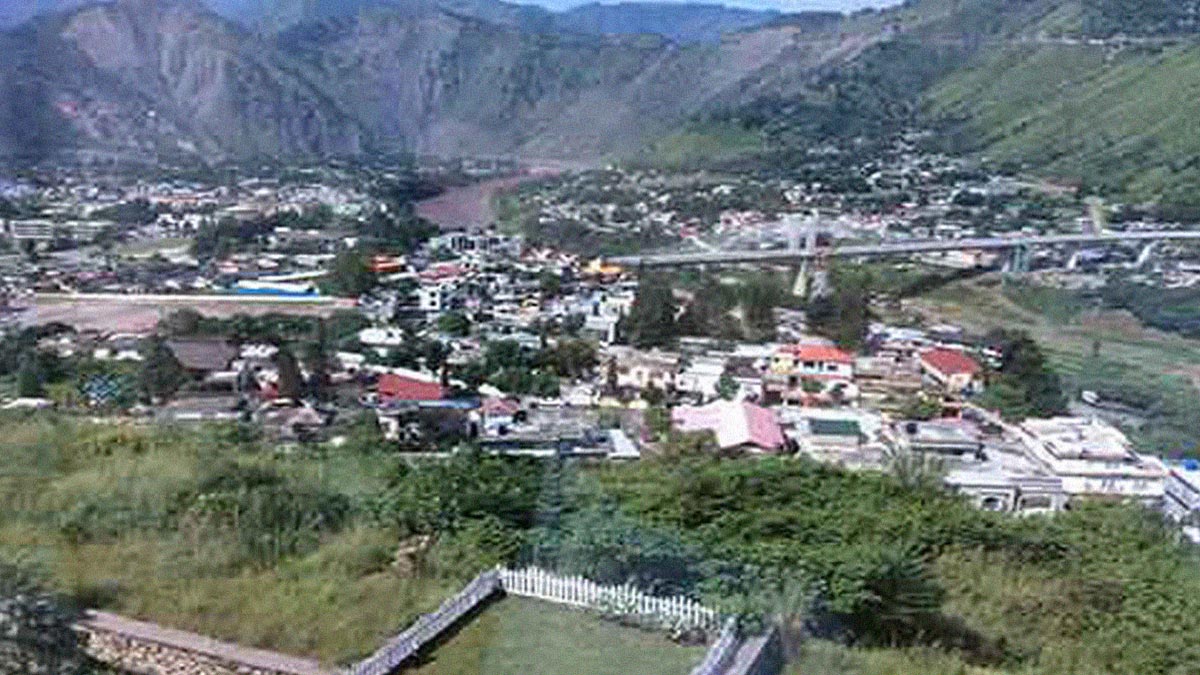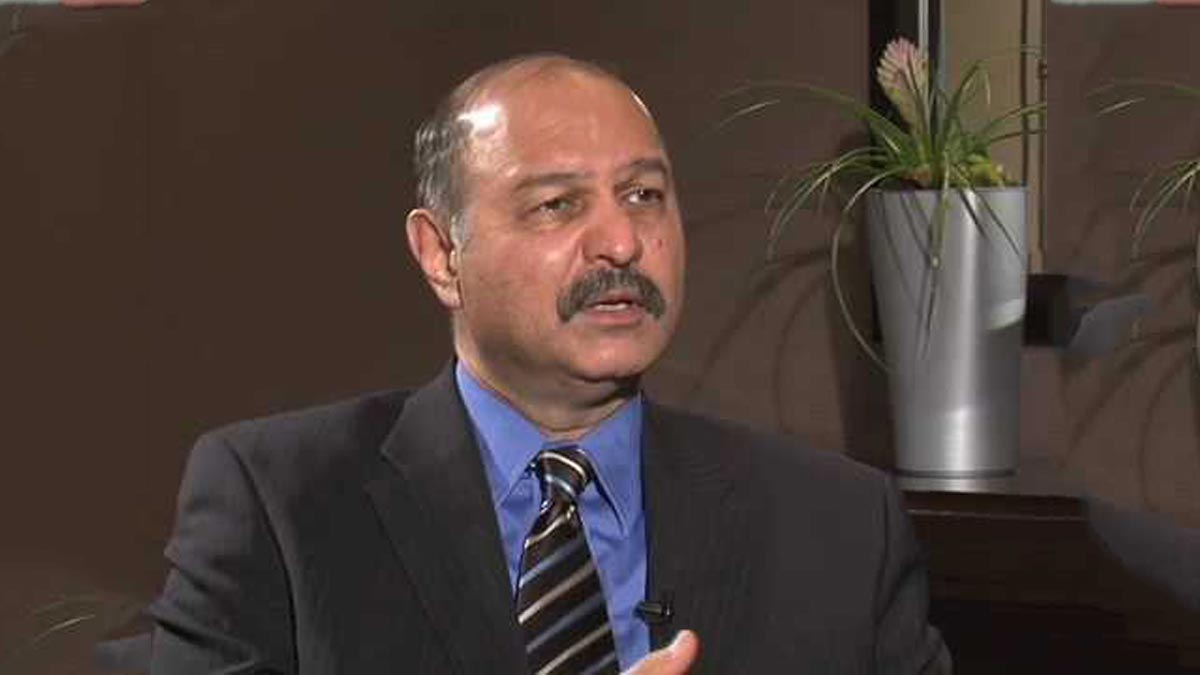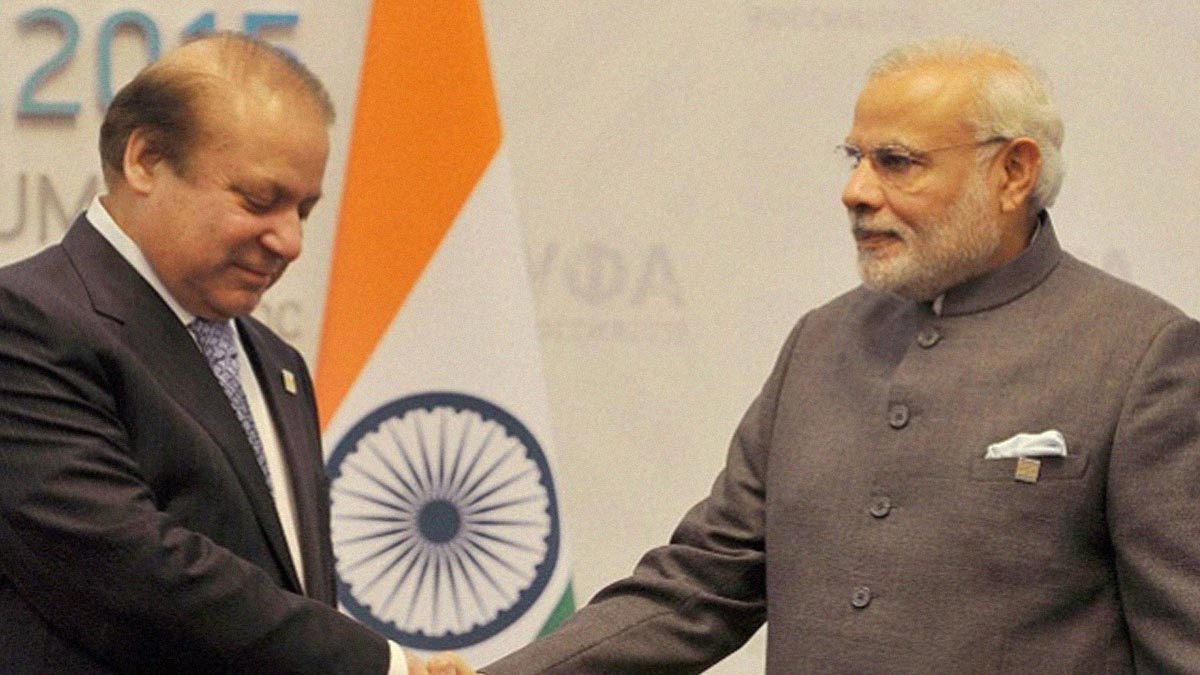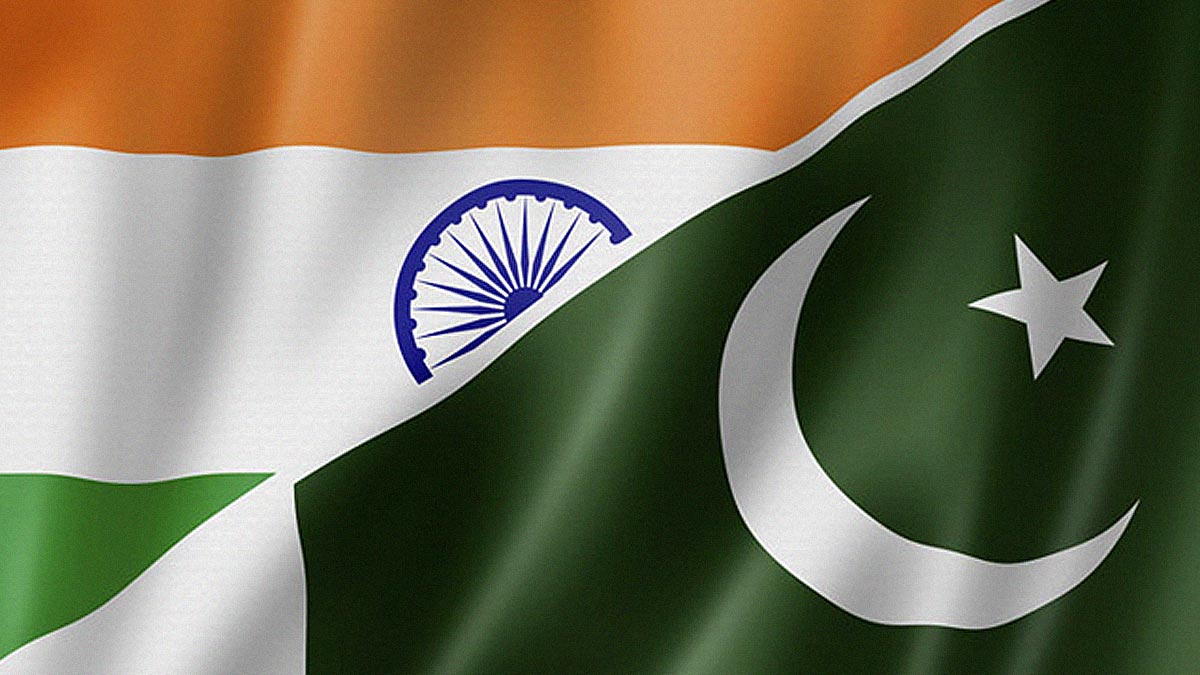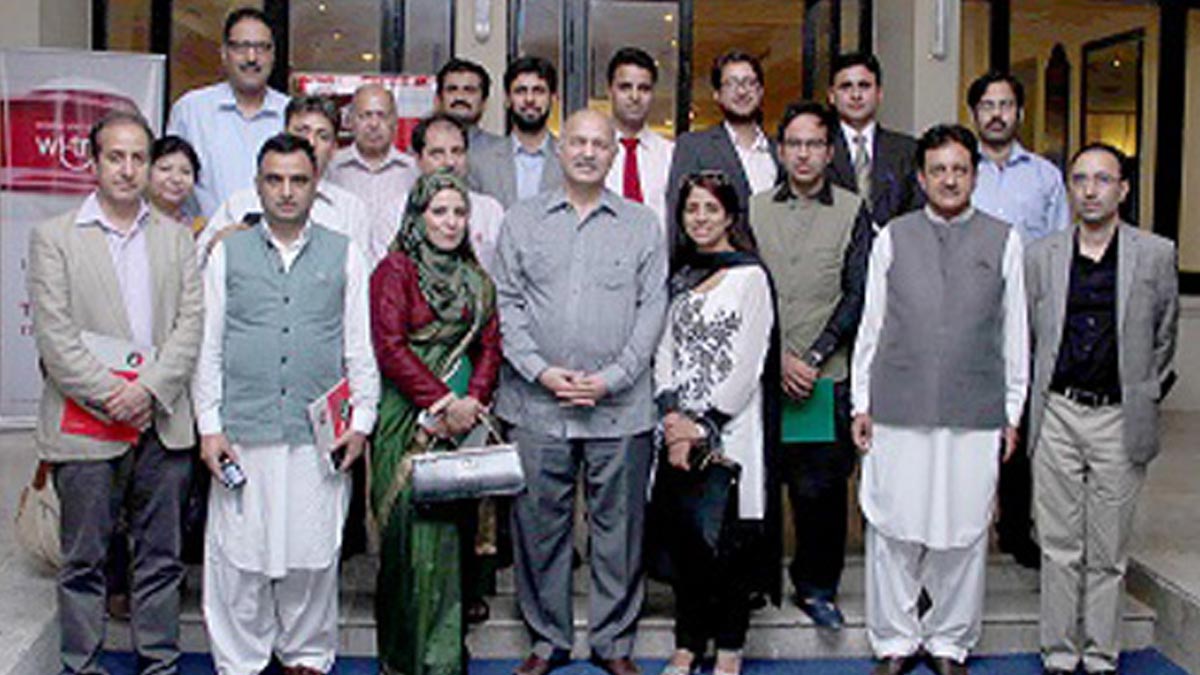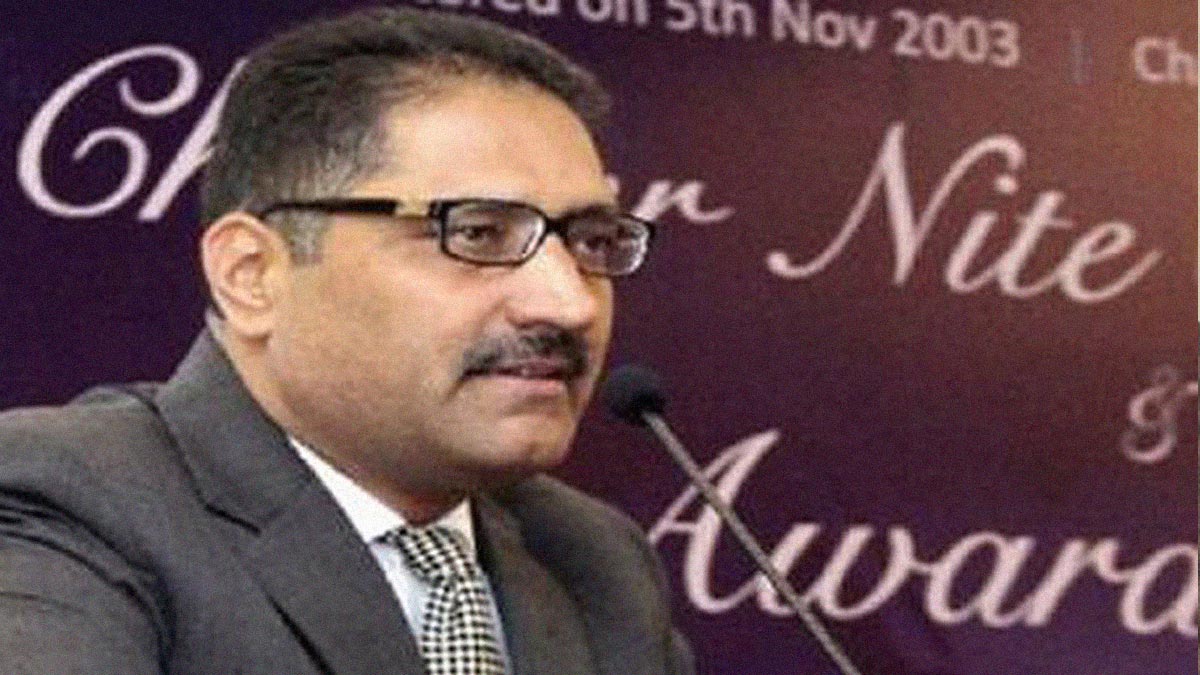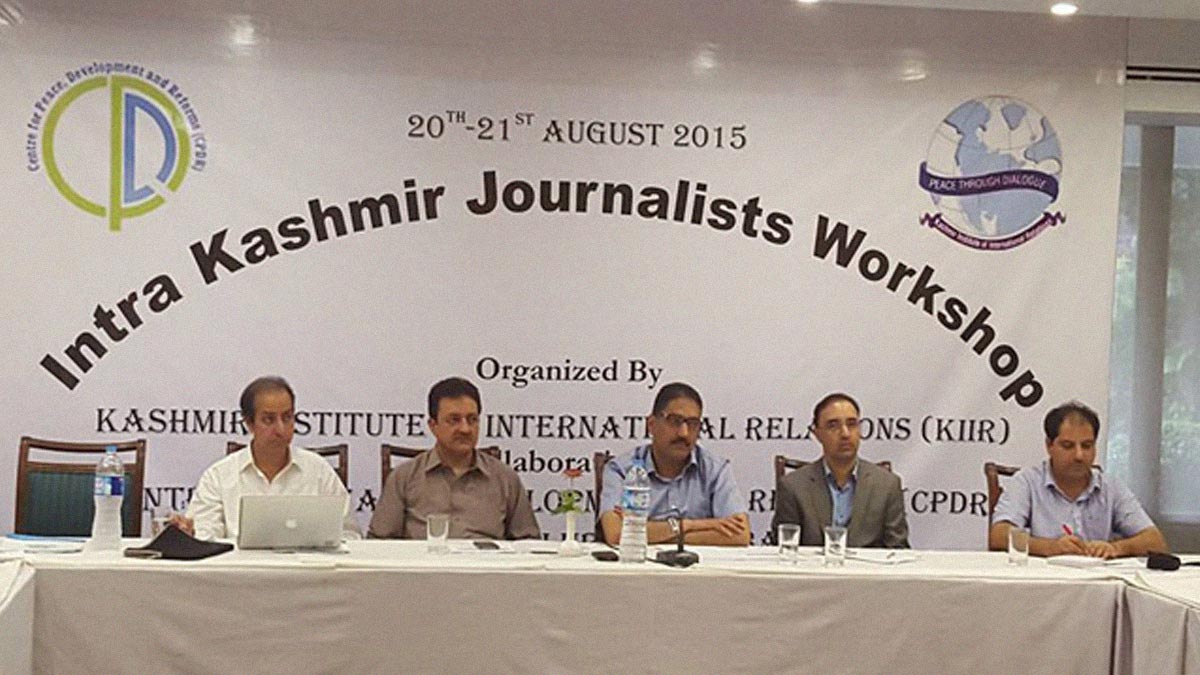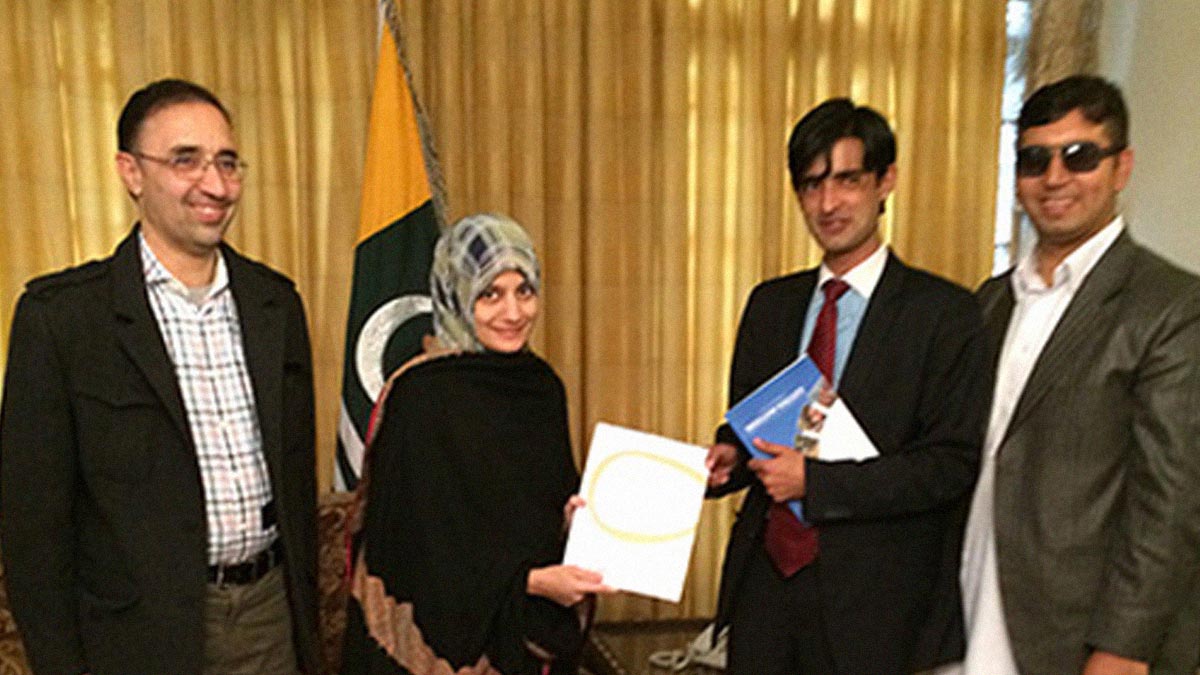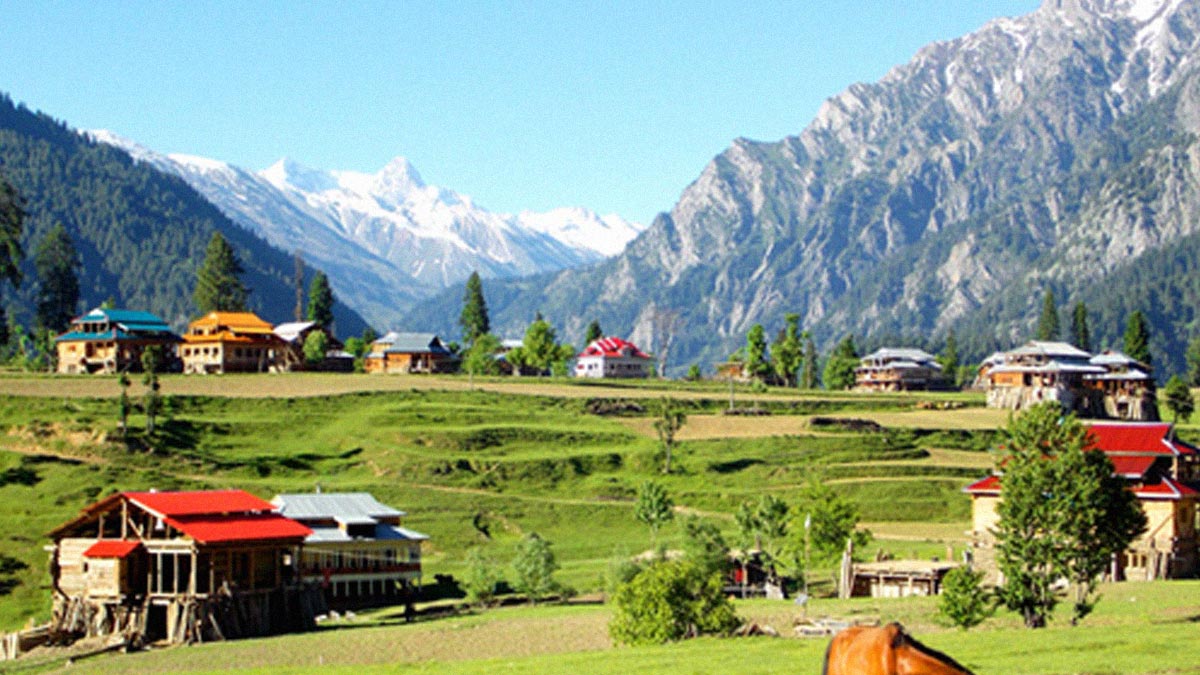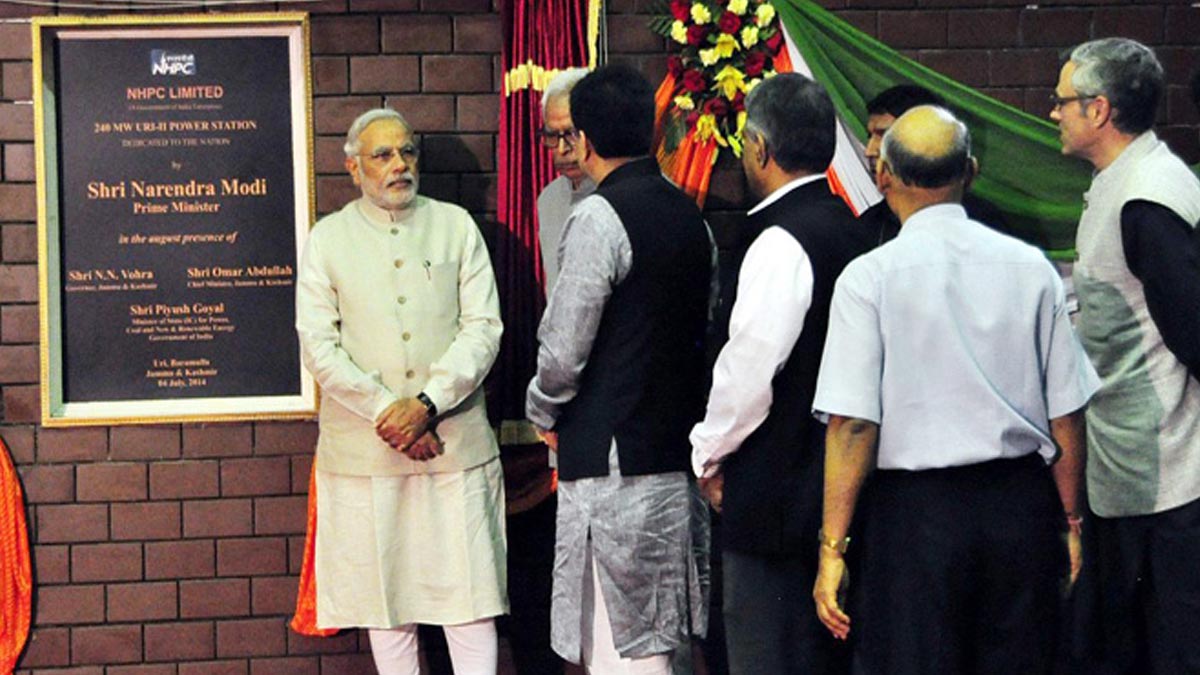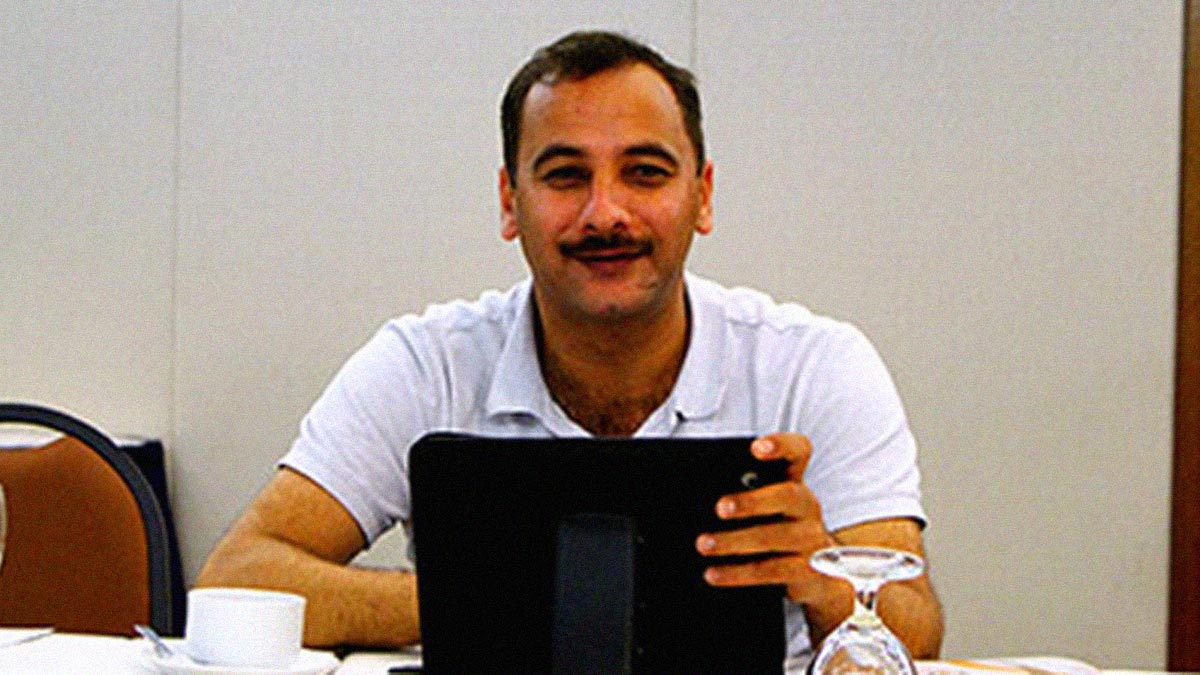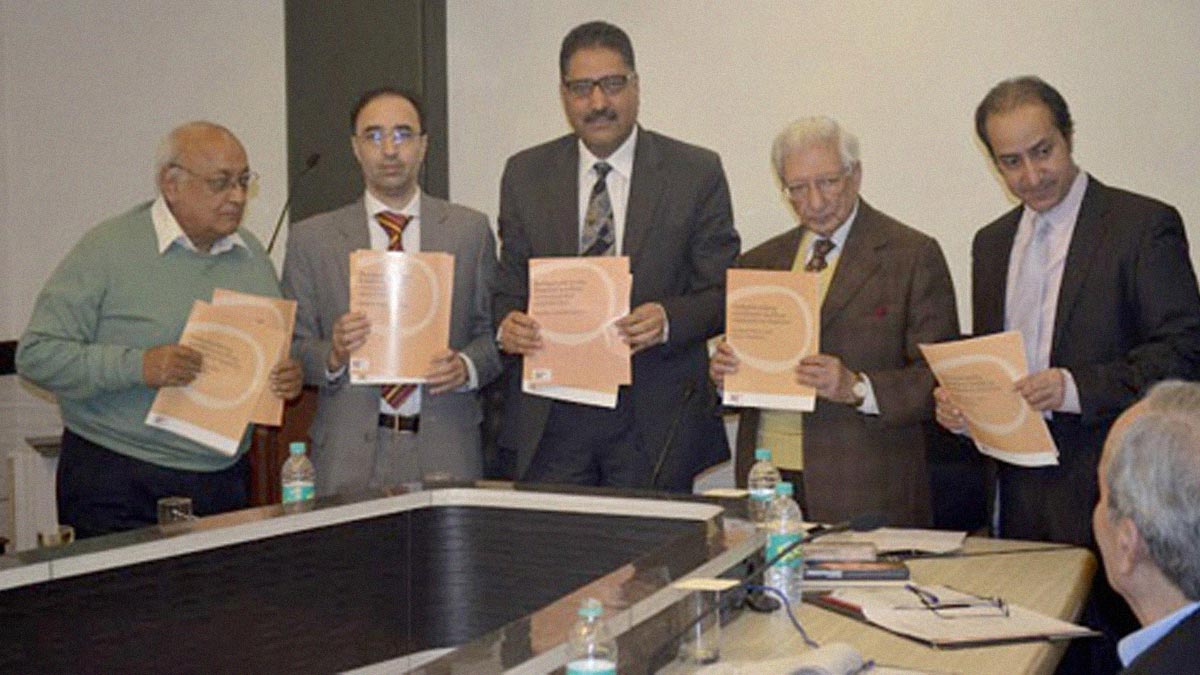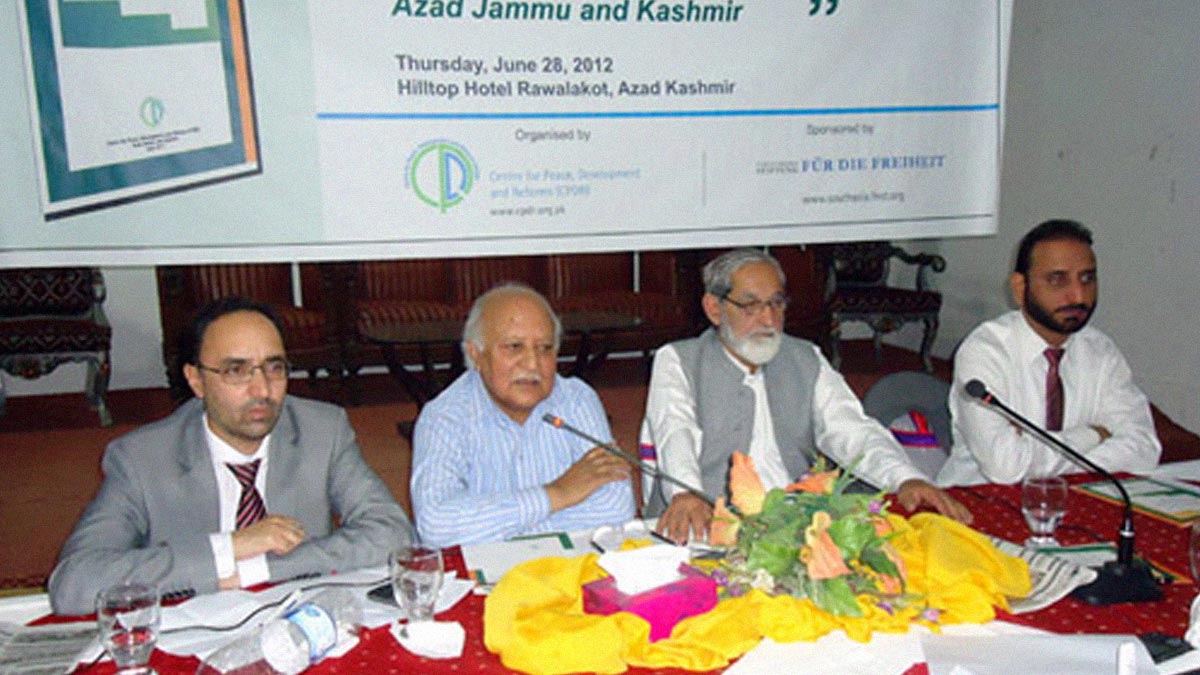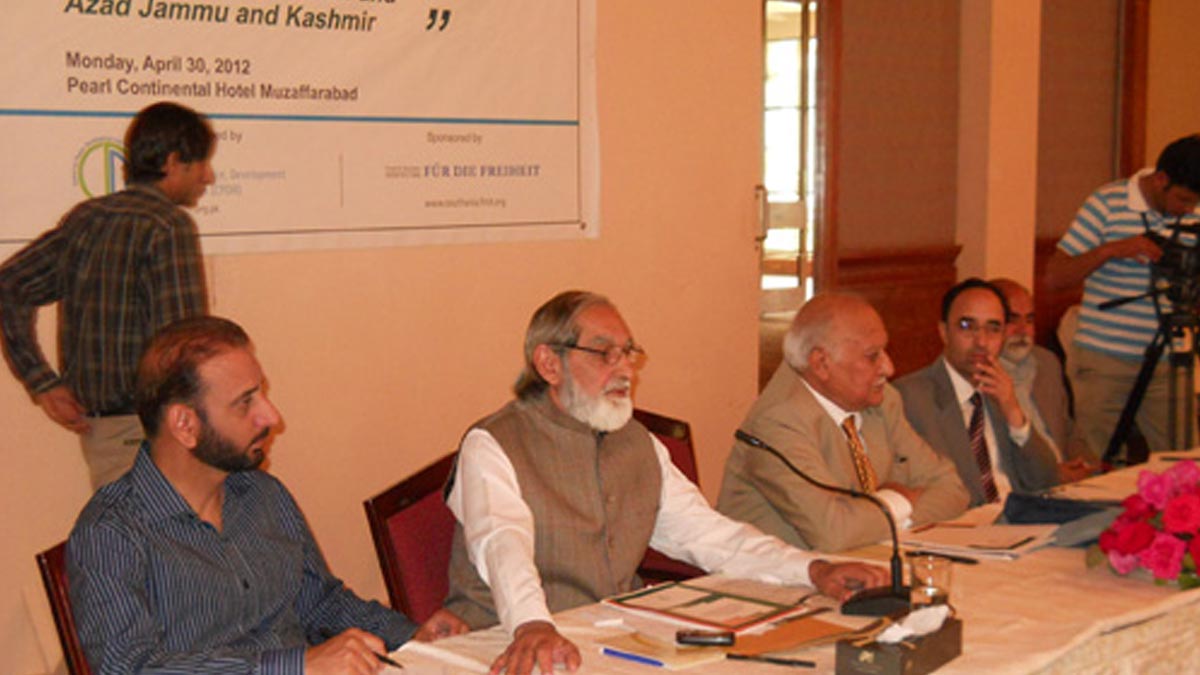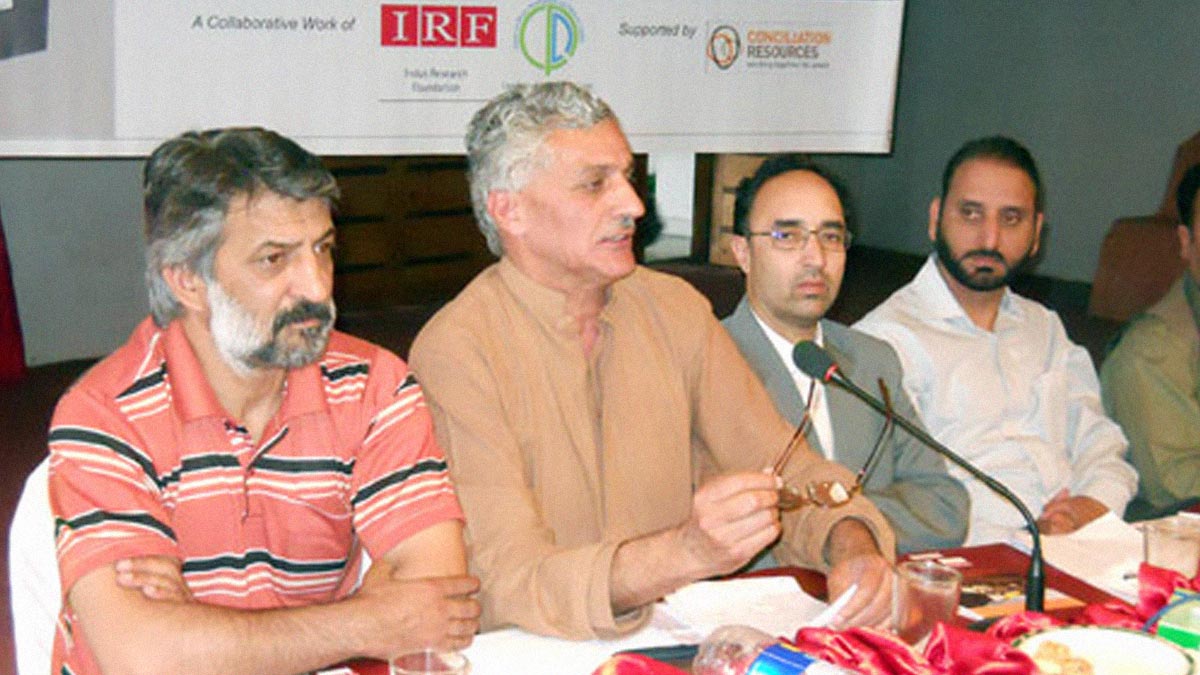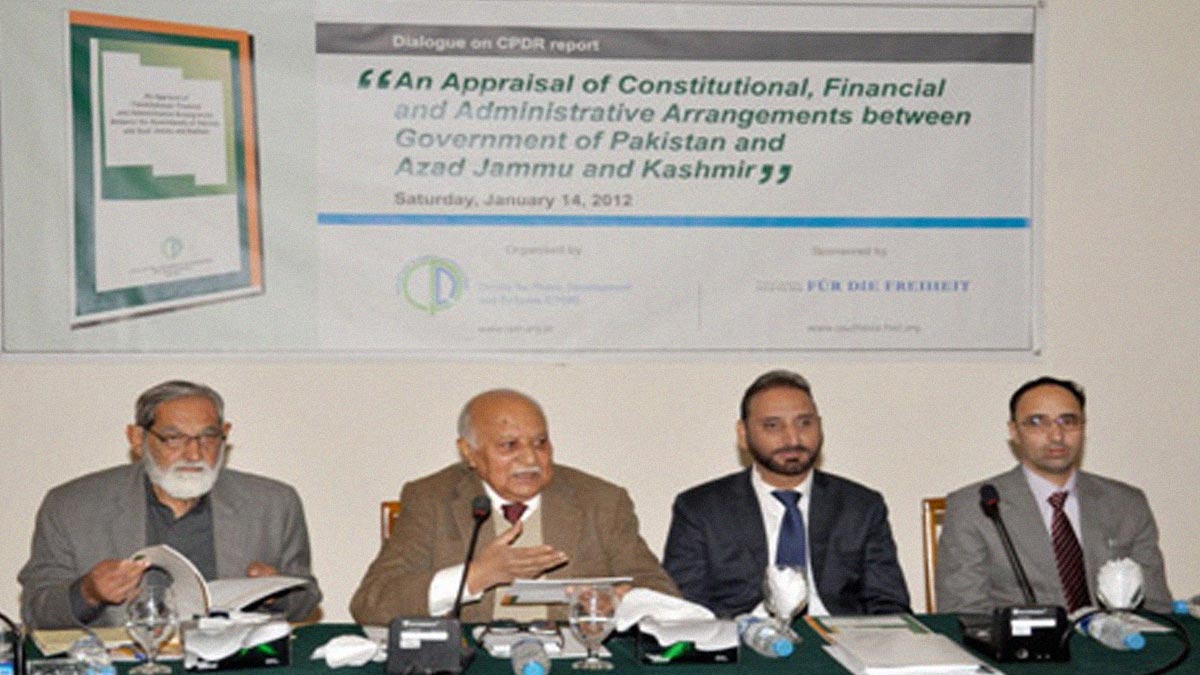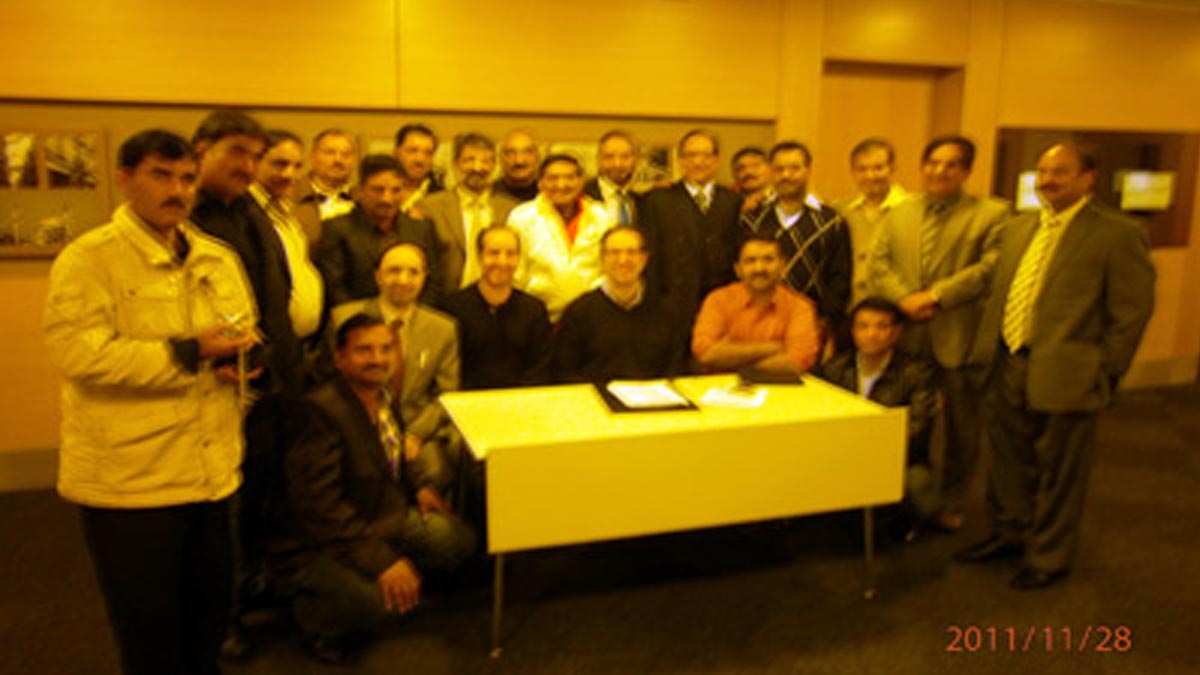- January 6, 2012
- @admin
- 0
- 07th January 2012
- Arif Kamal and Siddiq Wahid
In the last sixty years the divide in Jammu and Kashmir State has not only estranged those with ethnic, linguistic and cultural linkages on either side of the divide but also further isolated several small but unique cultural enclaves. The issue, no doubt, needs to be addressed at a political level; but until such time it will be important that opportunities be created for people on the two sides of the J&K divide to dialogue, get to know each other again, which might indeed contribute to a mutually acceptable solution.
It is against this background that a small group of people on both side of the divide began seeking opportunity structures to give substance to people to people interaction by inserting an institutional basis for such contacts between the two sides of the LoC.
The education initiative, with which we have been directly involved for the last two years, was premised on the observations that (a) it concerns a segment of the population most directly threatened and alienated from each other, (b) the future of the region depends on it and (c) in the field of education there are opportunity structures that offer hope for reconciliation based on a healthy mix of the basic cause of the dispute and present-day realities.
Mapping educational opportunities across the LoC
Based on the above premises, recently a first ever joint survey of education was carried out on both sides of the LoC in Kashmir to assess and identify opportunities for cooperation, and make recommendations on what is needed to move forward. With this in mind we consulted academics, education administrators, opinion-formers, policymakers and politicians across the divide. We analysed available data for patterns of literacy, enrolment, public and private sector infrastructure, quality standards, and employment opportunities. Policymaking processes were also reviewed.
The study reveals achievements and weaknesses on both sides of the LoC. Needless to say, there has been progress on both sides of the divide, albeit uneven. For example, there are gaps between physical infrastructure, the quality of teaching and present-day needs. However, there are opportunities for cooperation through engagements that can allow us to learn from each other and make complementary efforts that will give teeth to such visions as an “out of box solution” or “making borders irrelevant” by pooling constraints in resources and advocating exchanges that can, in time, overcome obstacles such as high unemployment.
Building cross-LoC cooperation
Interviews with academics, administrators and policy makers encouragingly revealed a strong appetite among educationists across the LoC to learn from each other’s experiences and to work together. The study broadly outlines the infrastructure and resources already available in both regions, and what can be shared to help build confidence between us and develop a plan for collaboration.
Against the decades-old backdrop of political rivalry between India and Pakistan, however, we recognise that intra-Kashmir exchanges on education may need to be phased in over time. Political sensitivities will also need to be assuaged. Our recommendations have been developed with this in mind and are intended to stimulate discussion and ideas over the short, medium and long term.
Some ideas for the way forward
First, people of either side need to get to know each other better. The people who were interviewed suggested individual and group exchange visits by teachers and students across the LoC as an initial step – an idea intermittently voiced by think tanks in Islamabad and already recommended in 2007 by one of the Working Groups set up by the Indian Prime Minister.
Setting up a website for academics to share information about their work and encouraging select universities to teach cross-LoC classes via videoconferencing could also help build familiarity and demystify each other’s views.
Agreement on topics for collaborative academic research, seminars and workshops based on our common heritages and shared needs could strengthen learning and improve relationships. The creation of a Cross-LoC Vice Chancellors’ Consortium that would meet periodically in person and via videoconferences could inject greater clarity into a vision and action plan for cross-LoC cooperation. At a later point, this could be complemented by a ‘Liaison Council of Teachers’ made up of practitioners from both sides, and a Committee of Stakeholders in Education consisting of parents, students, educationists and businesspeople who would also discuss the various aspects of cooperation.
Other ideas include collaboration on special projects such as setting up a regional centre of excellence for conflict resolution and peace studies, as has been done in Northern Ireland. Vocational training exchanges, for example in Himalayan tourism skills or environmental concerns would allow us to benefit from each others’ expertise.
For the longer term, academics highlight the need to work together to bolster and expand teacher training on both sides. And while potential for collaborating on curriculum development is currently limited because of sensitivities at policy levels in India and Pakistan, one step in this direction could be made in region-specific disciplines such as academic studies that revisit the State’s rich cultures. Collaborative research and allocating seats for studies between universities could also help each side gain from the other’s strengths and be mutually enriching. Joint degree programmes could also be tested in areas such as IT, engineering, economic or plant sciences.
Learning to living together
The study is the start of a process based in the belief that people of J&K need to ensure that their young people have access to the best education possible in the 21st century. The new openings for movement across the LoC offer opportunities to work more closely together; it just need to agree on what they may be and take the first steps. Such cooperation is not only about education, but also about learning to live together once again.
The writers acknowledge support provided by the Conciliation Resources London to conduct this report. Arif Kamal is former Ambassador to Pakistan and Dr. Siddiq Wahid is former Vice Chancellor Islamic University of Science and Technology, Awantipora, Indian controlled Kashmir.
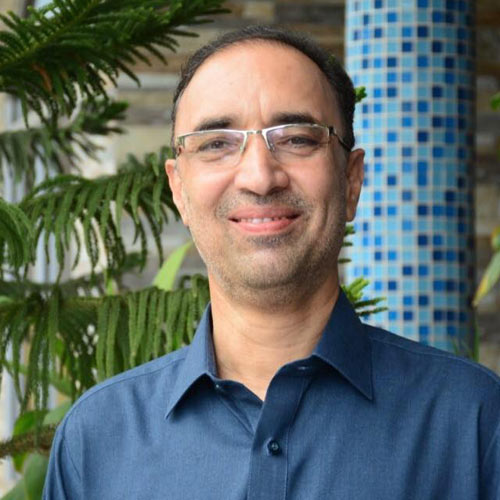
Ershad Mahmud
The writer is a freelance contributor. He can be reached at:


